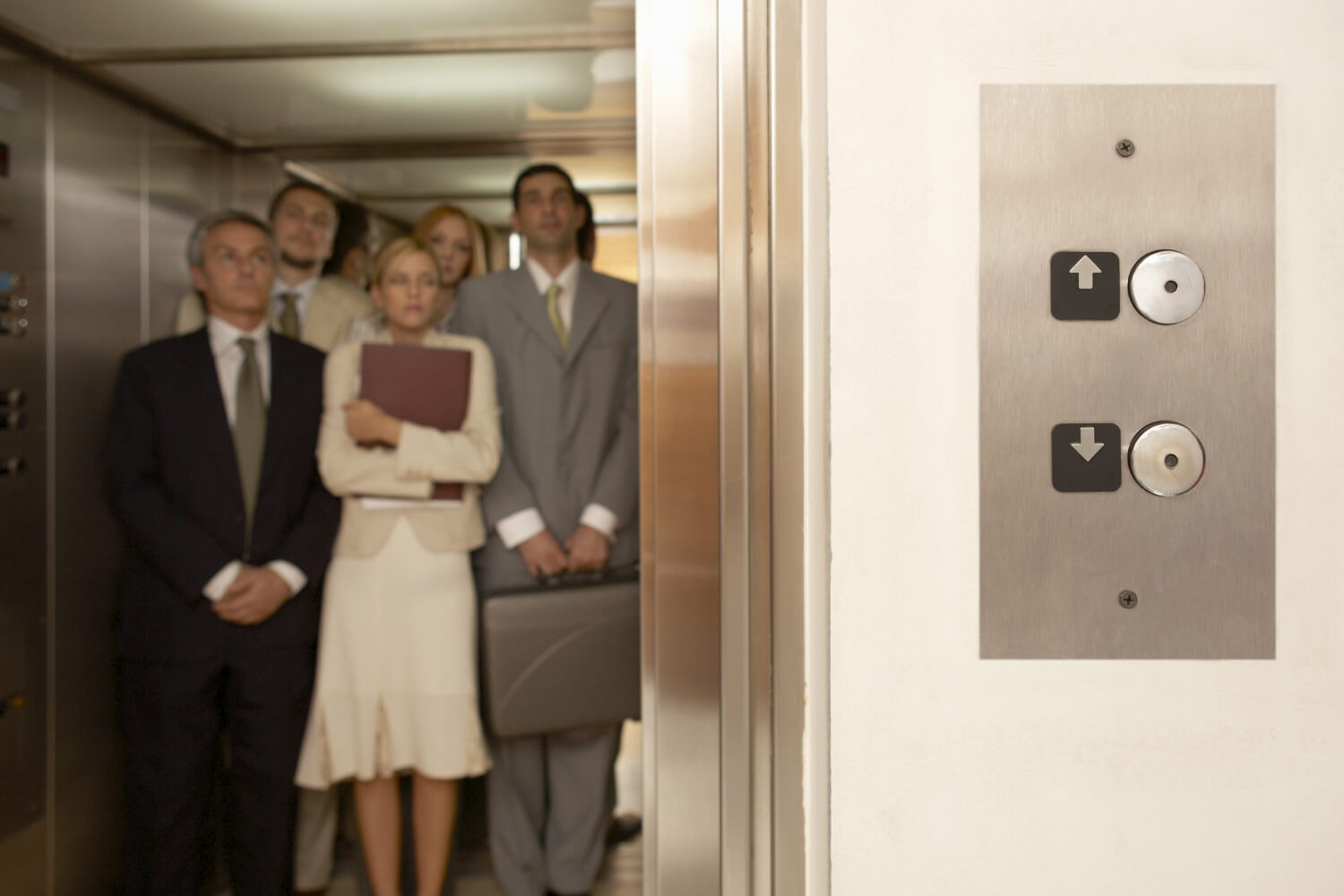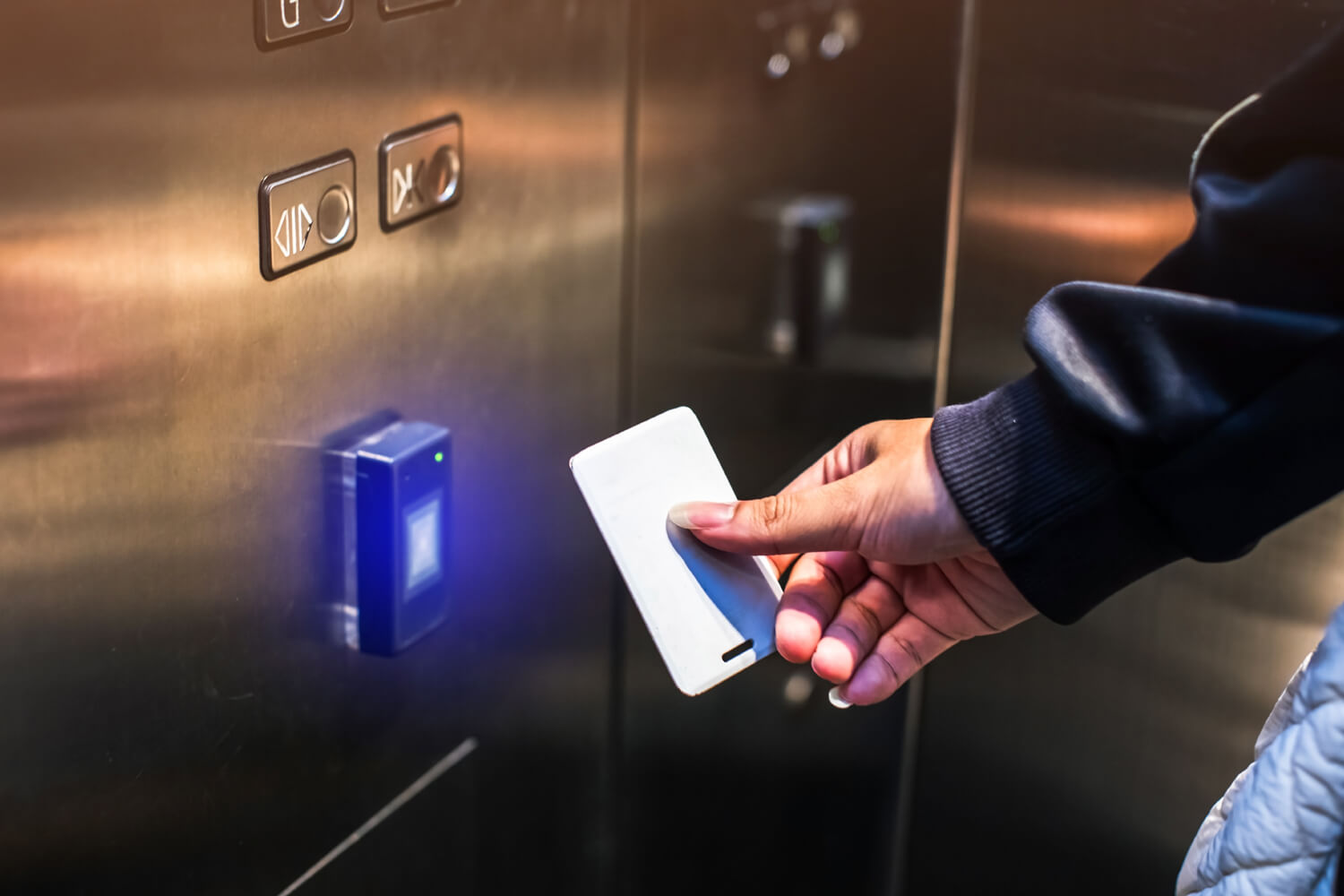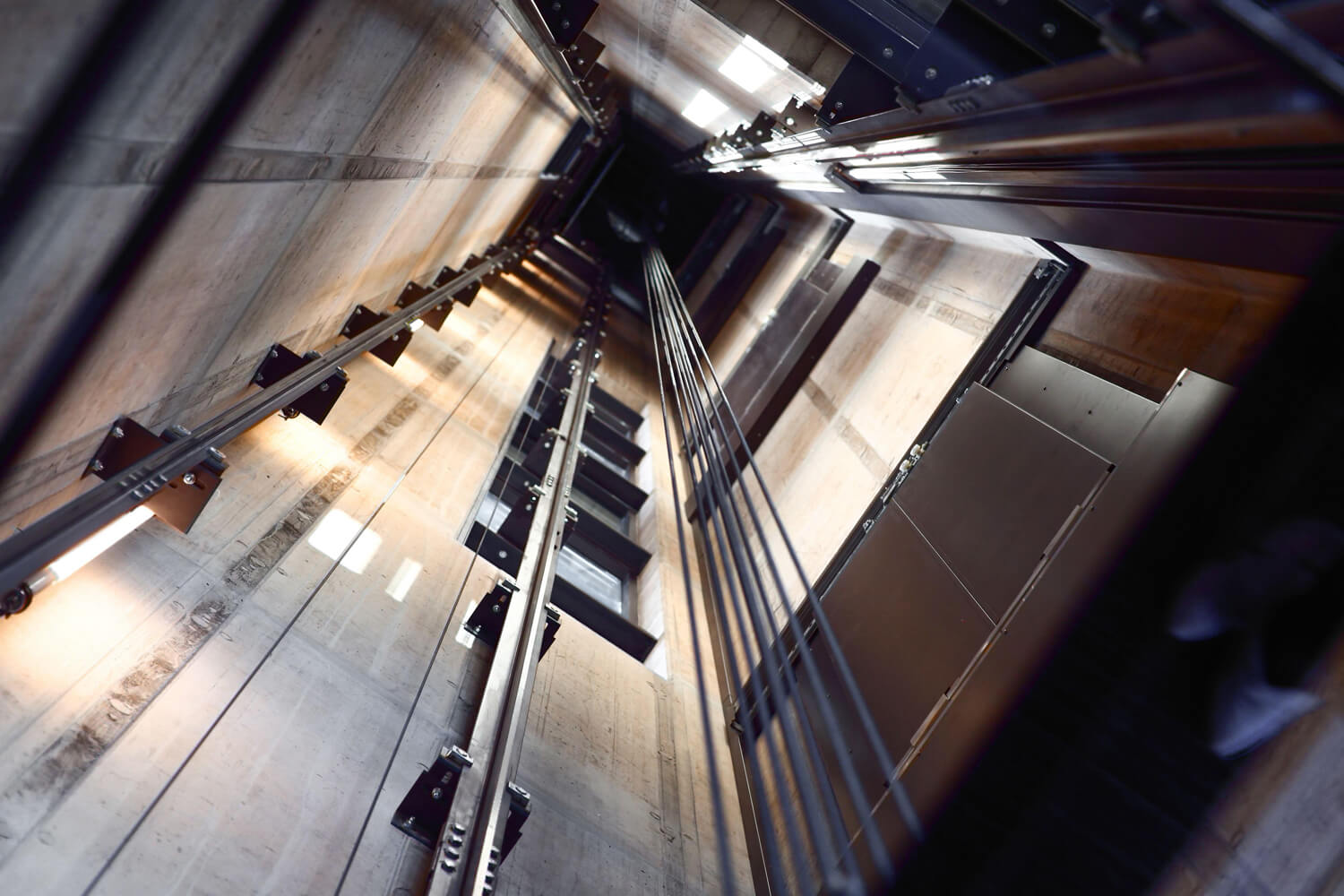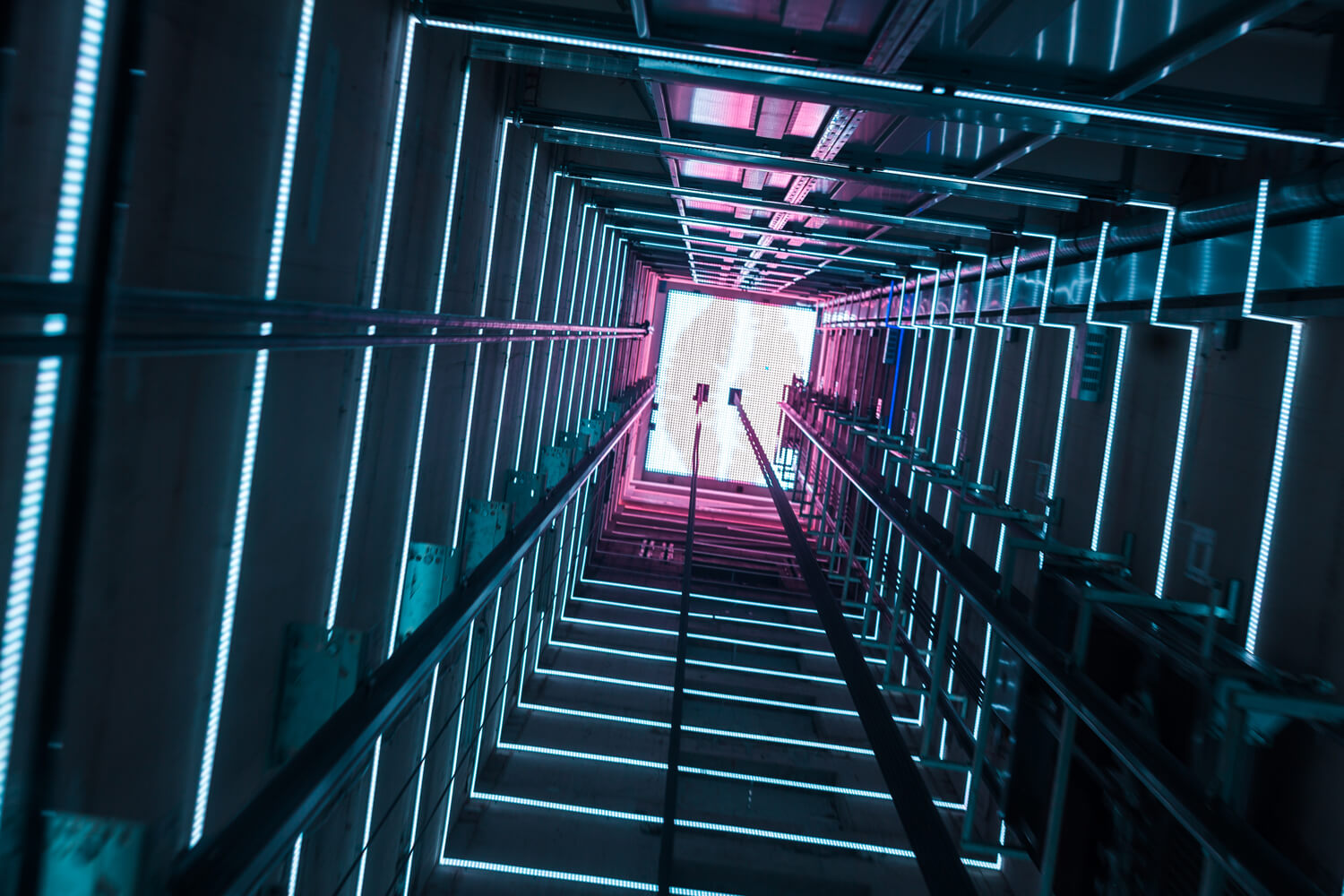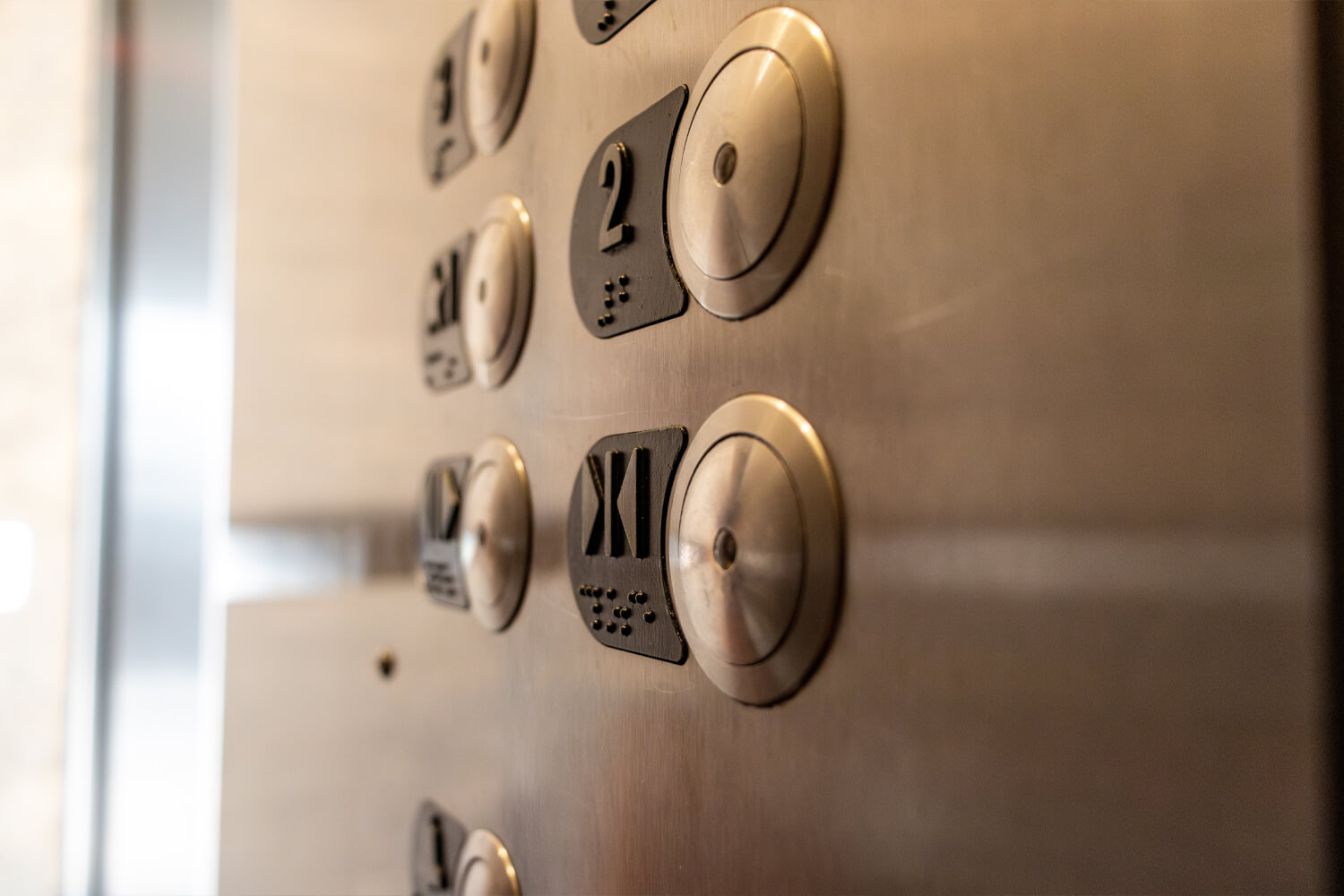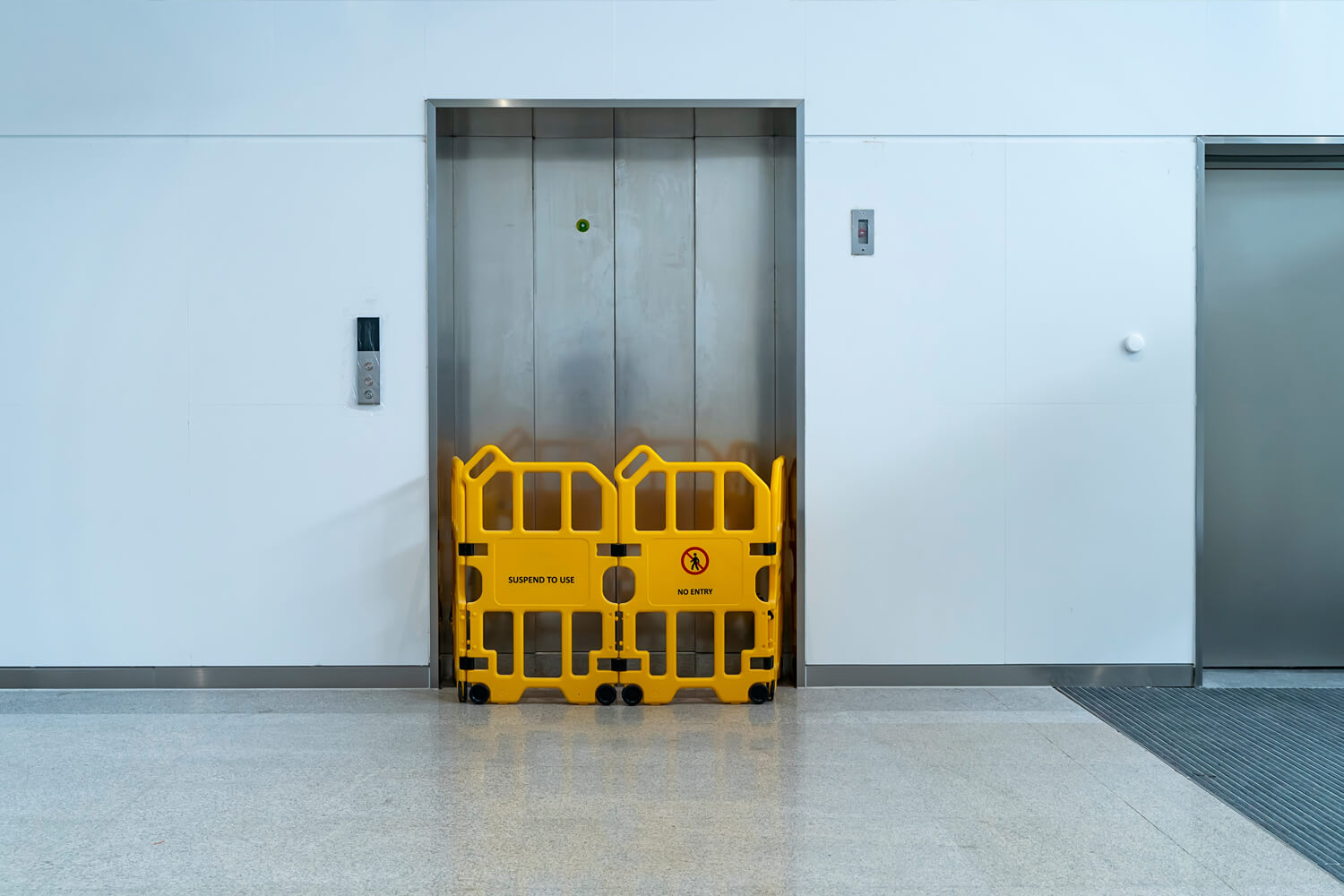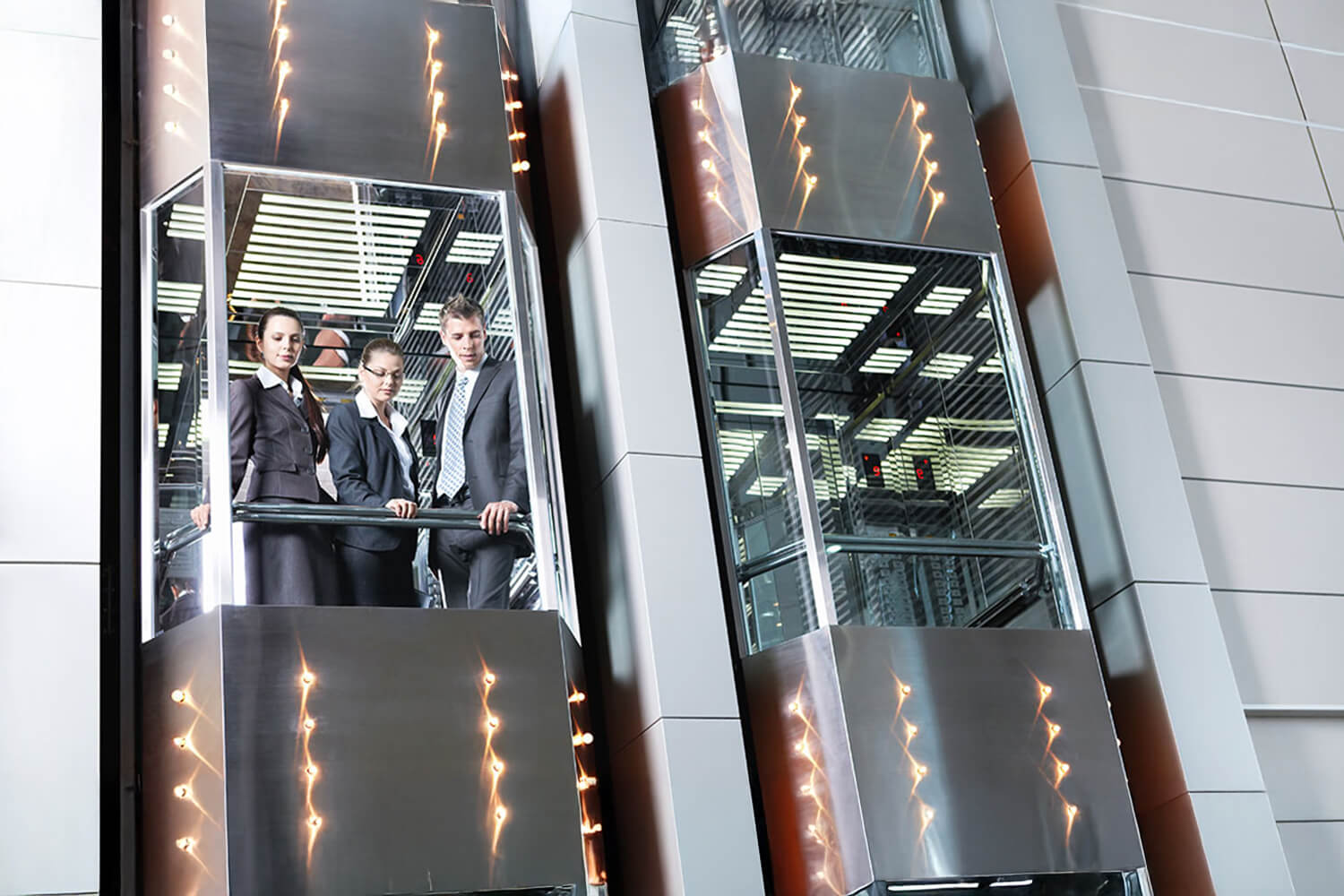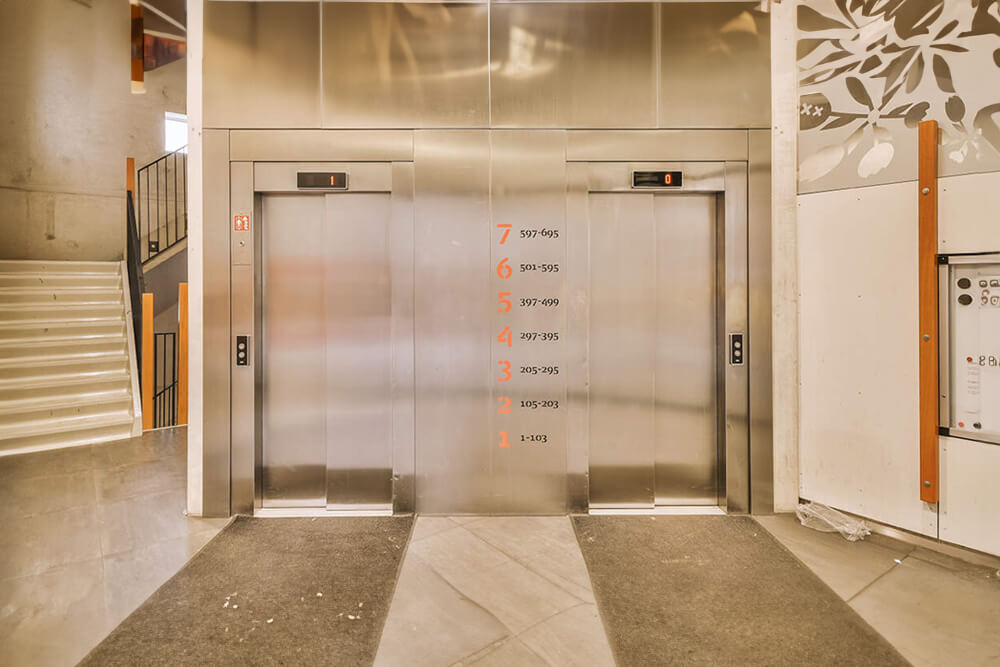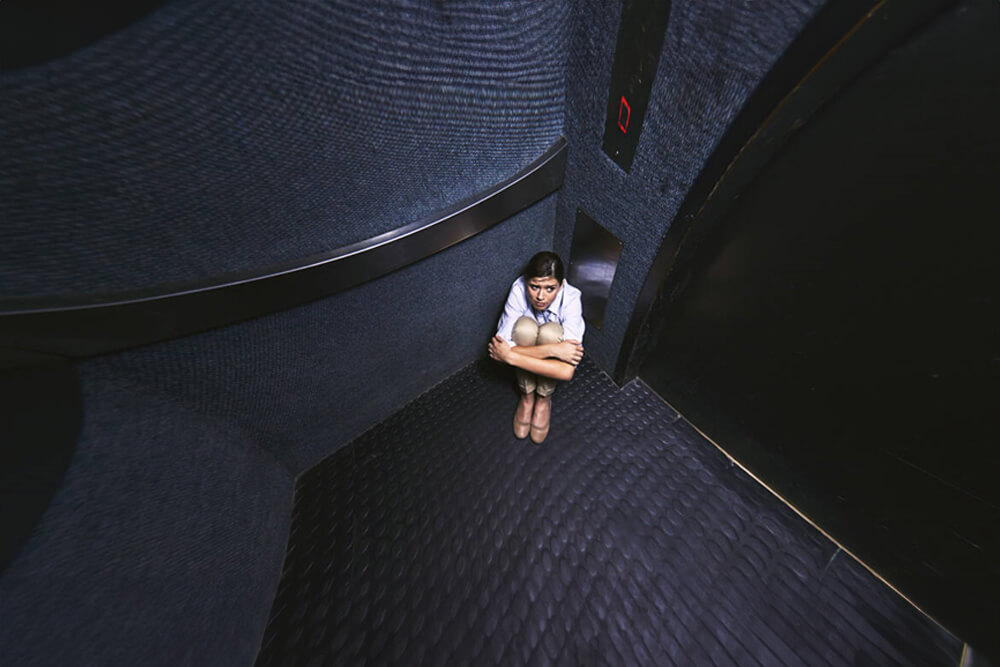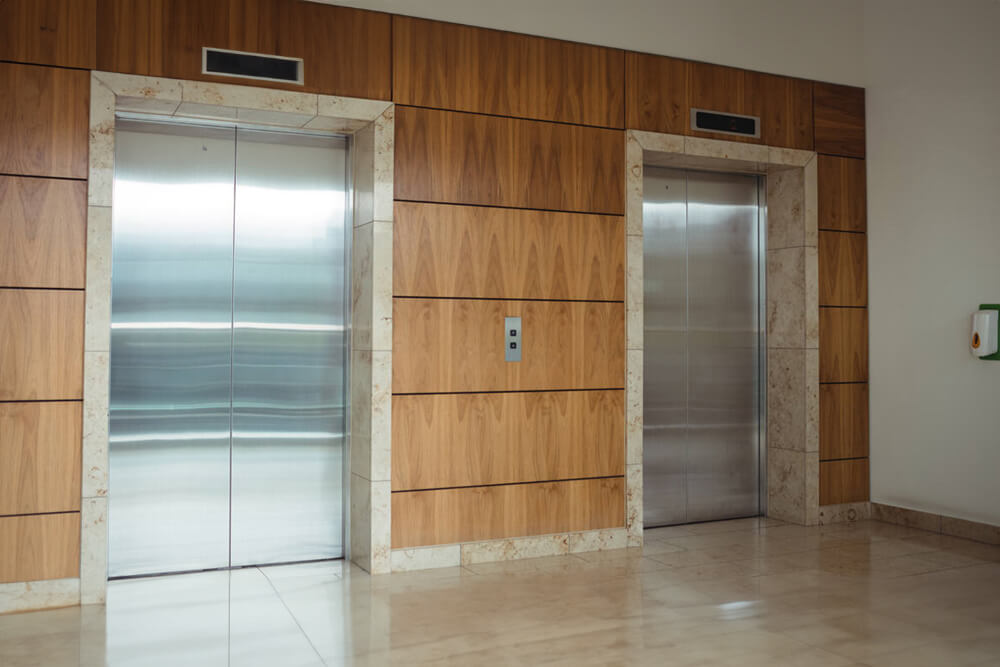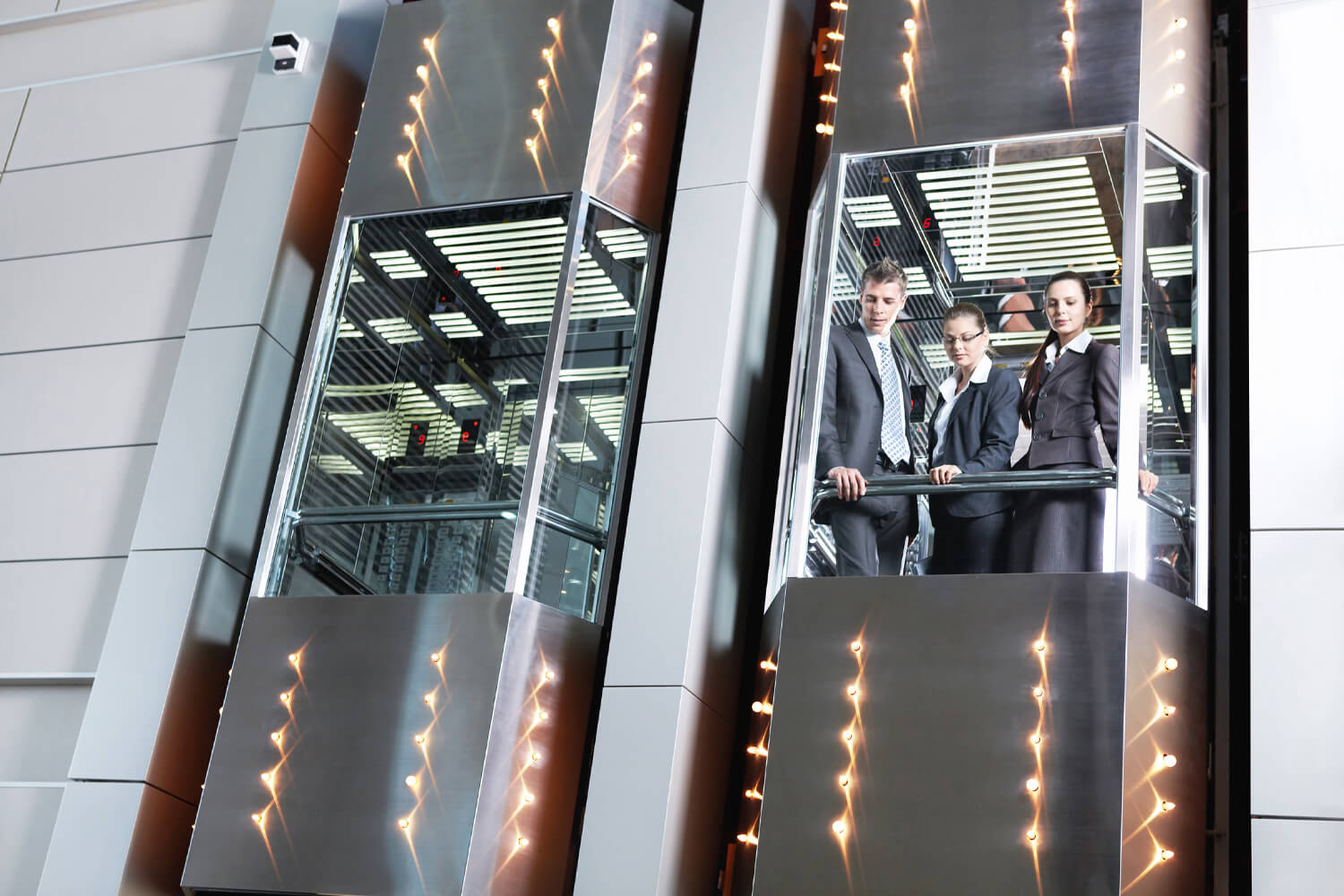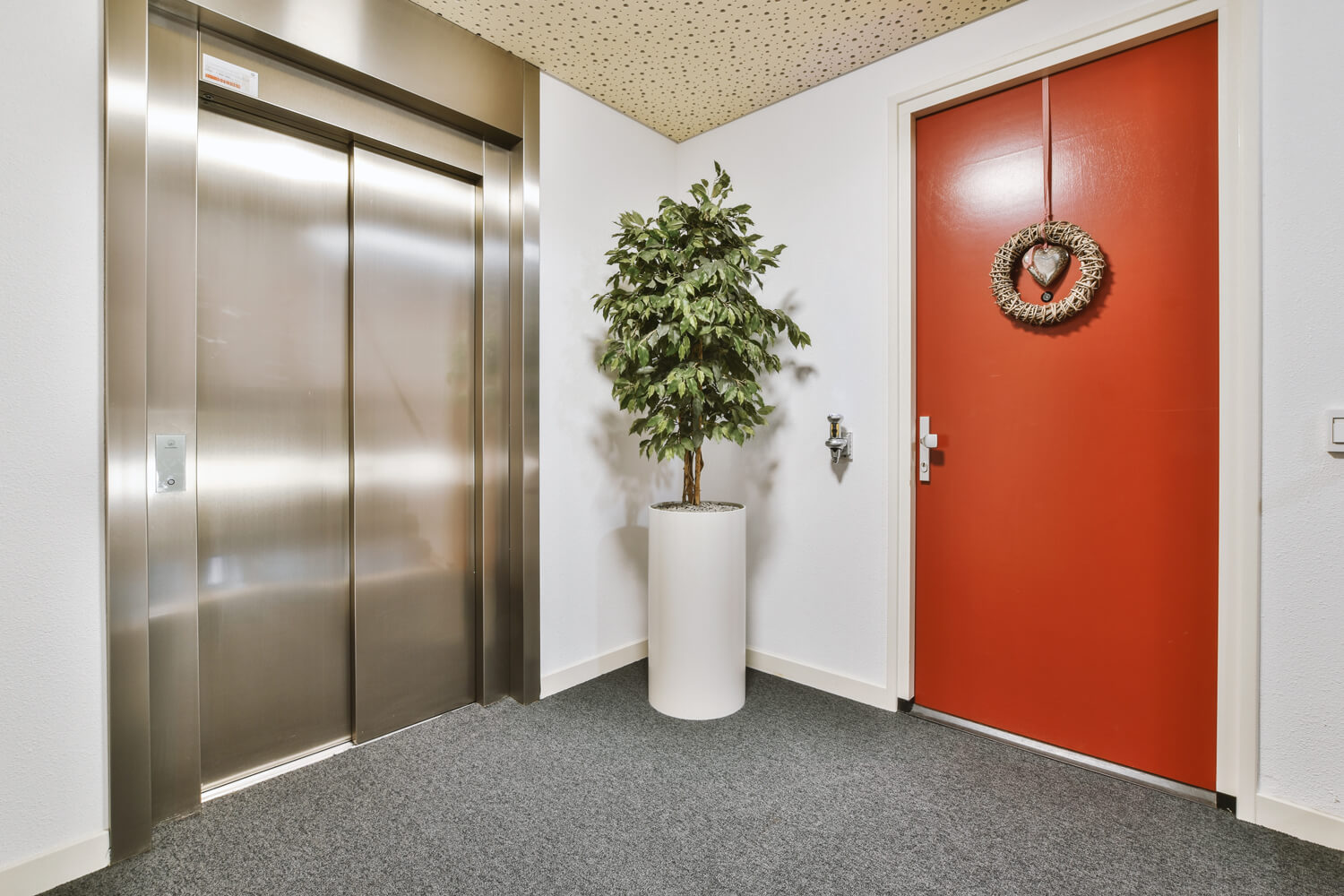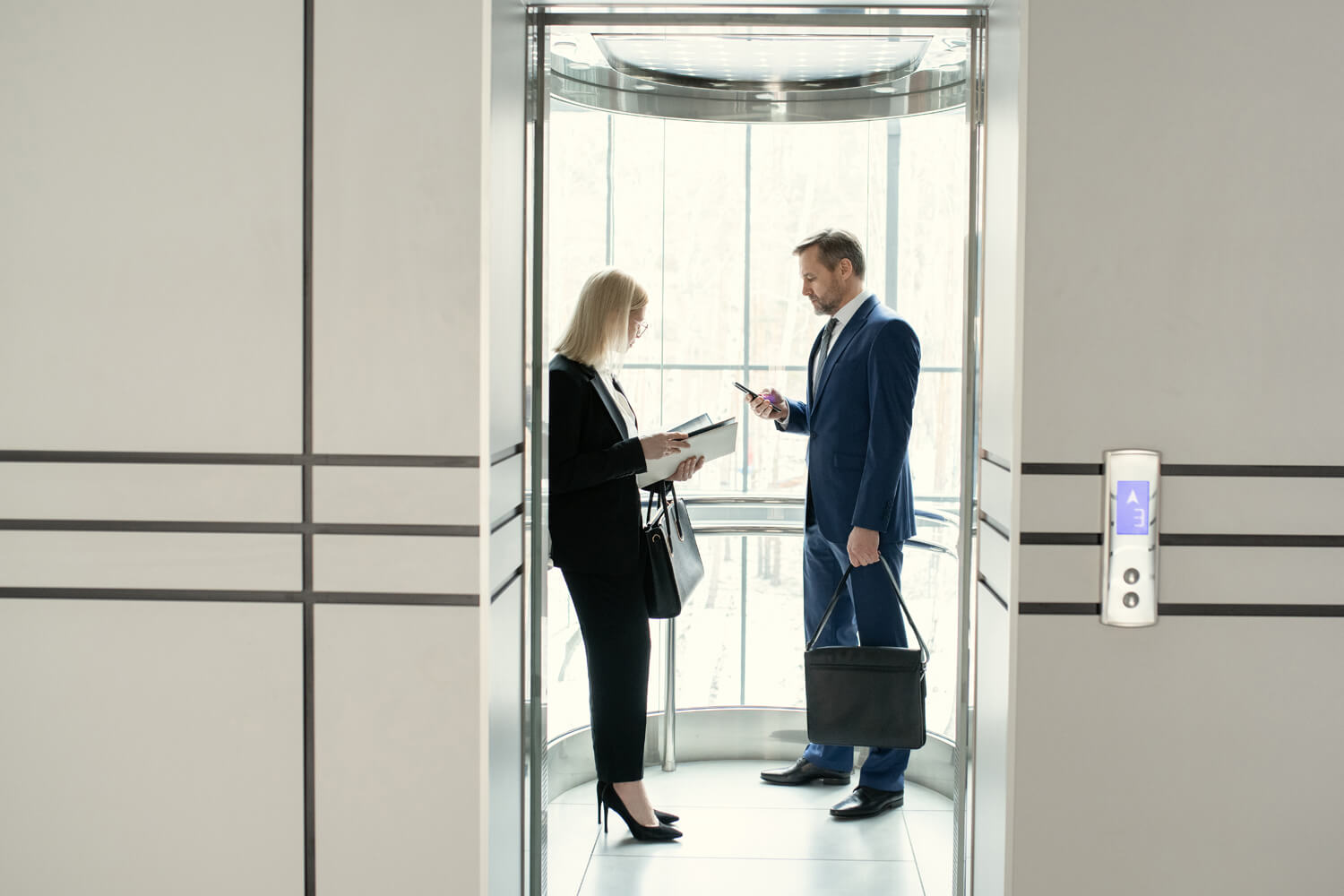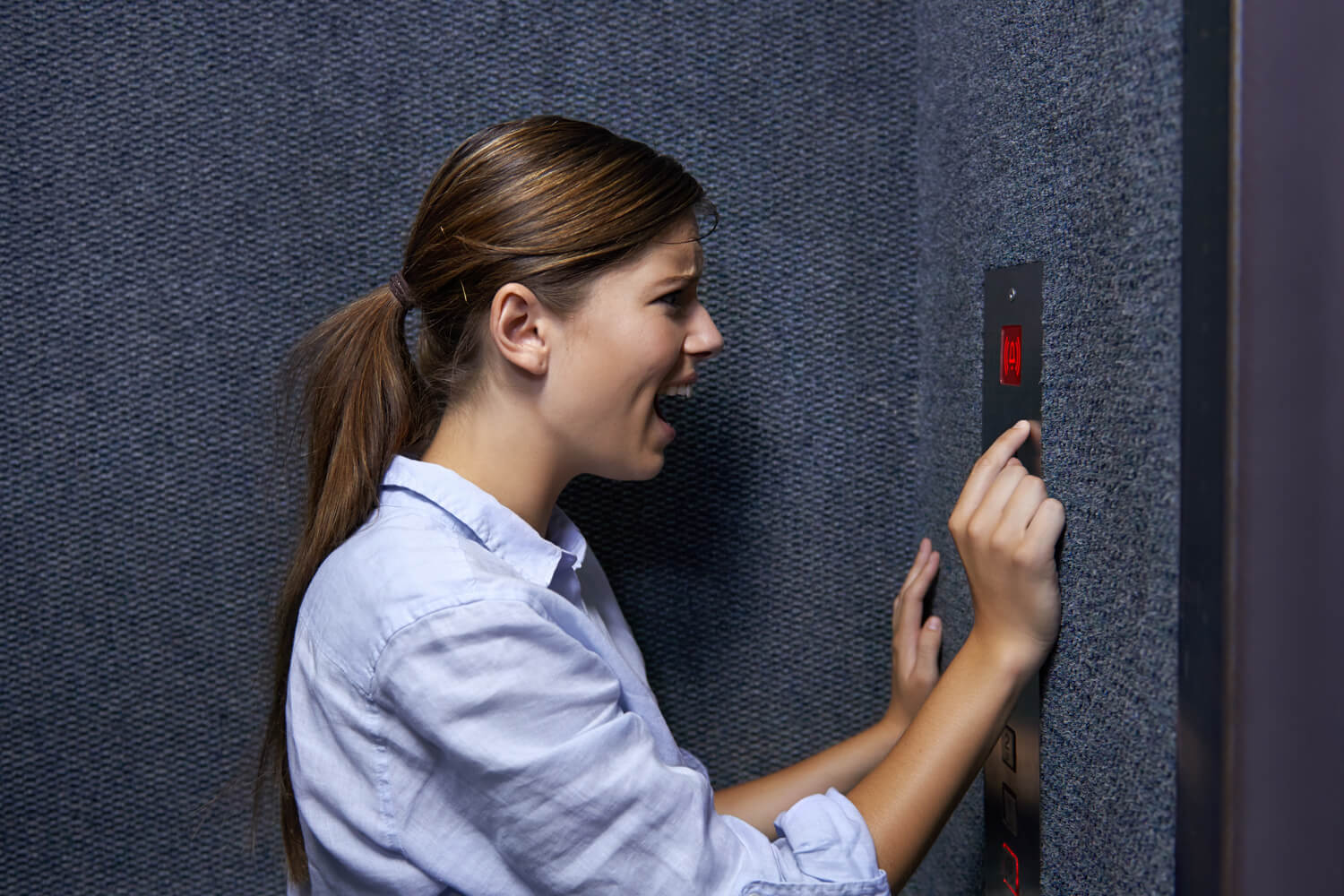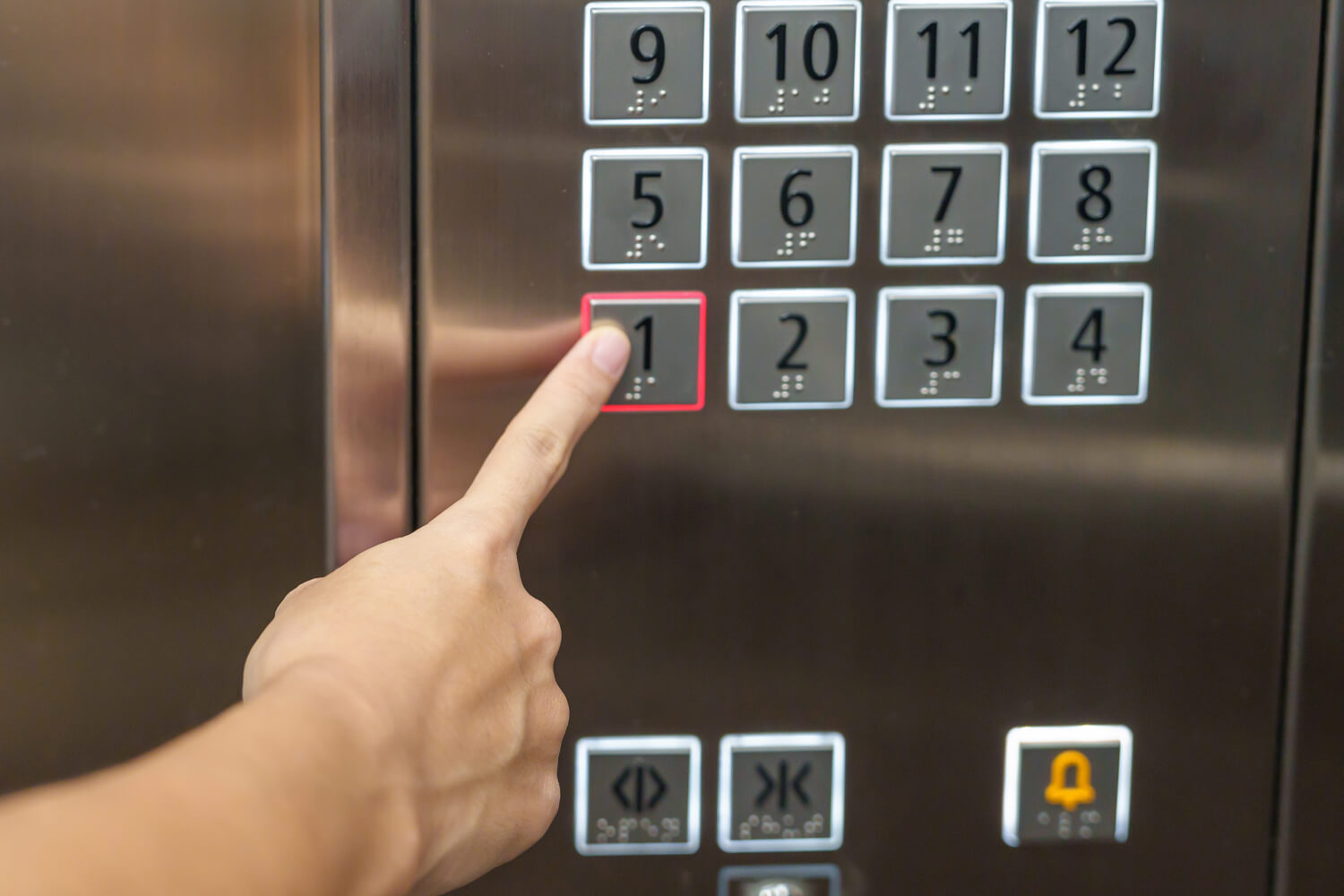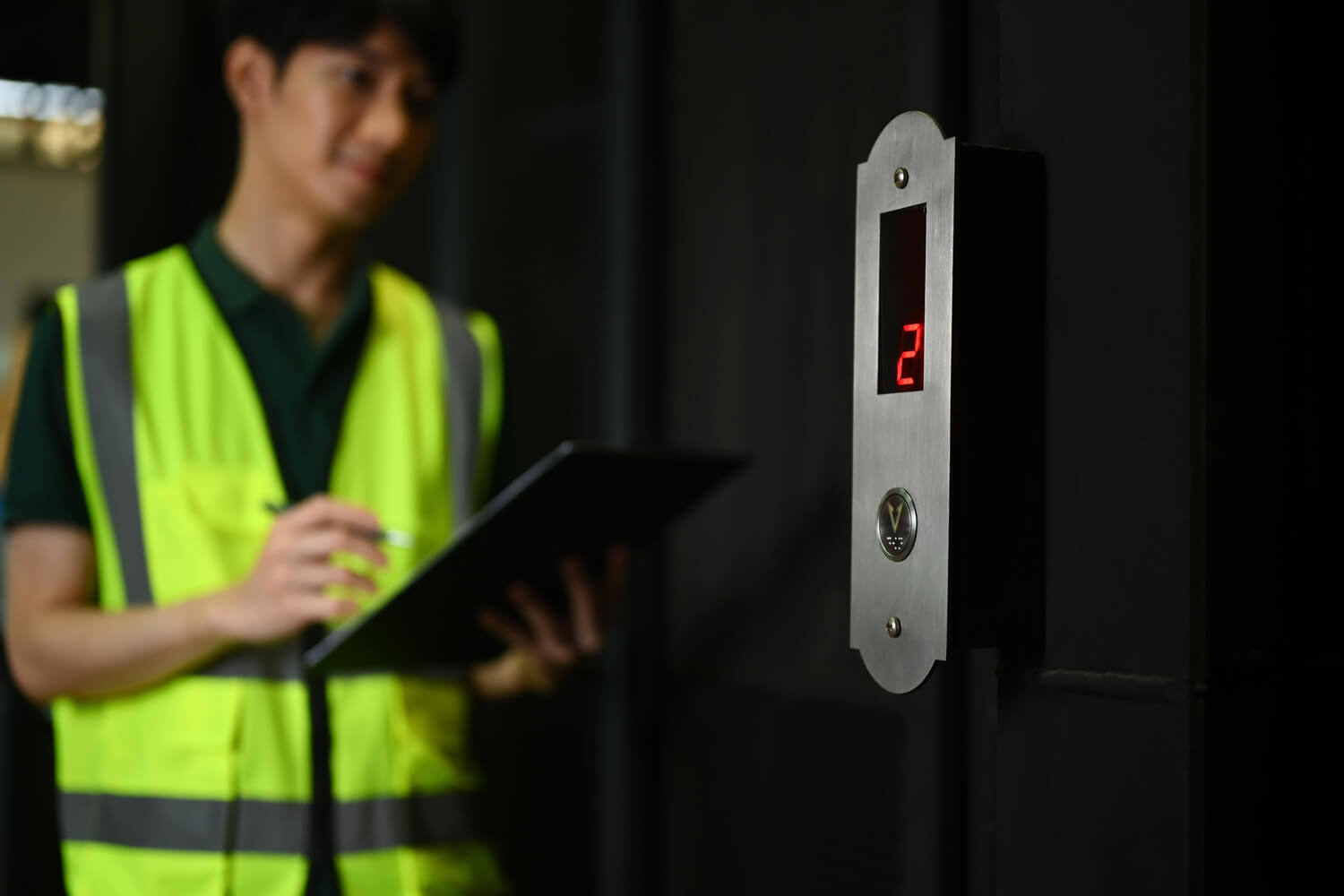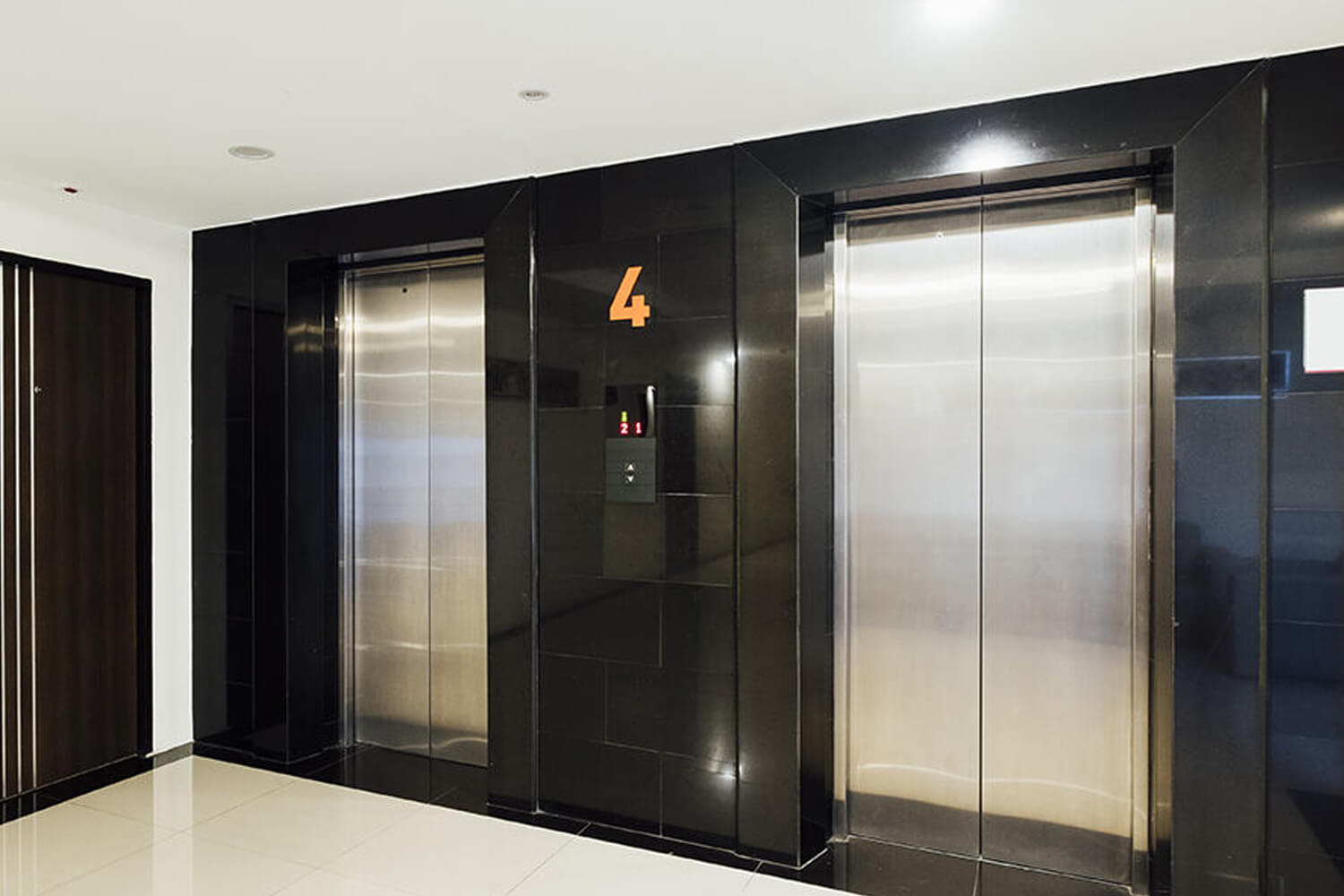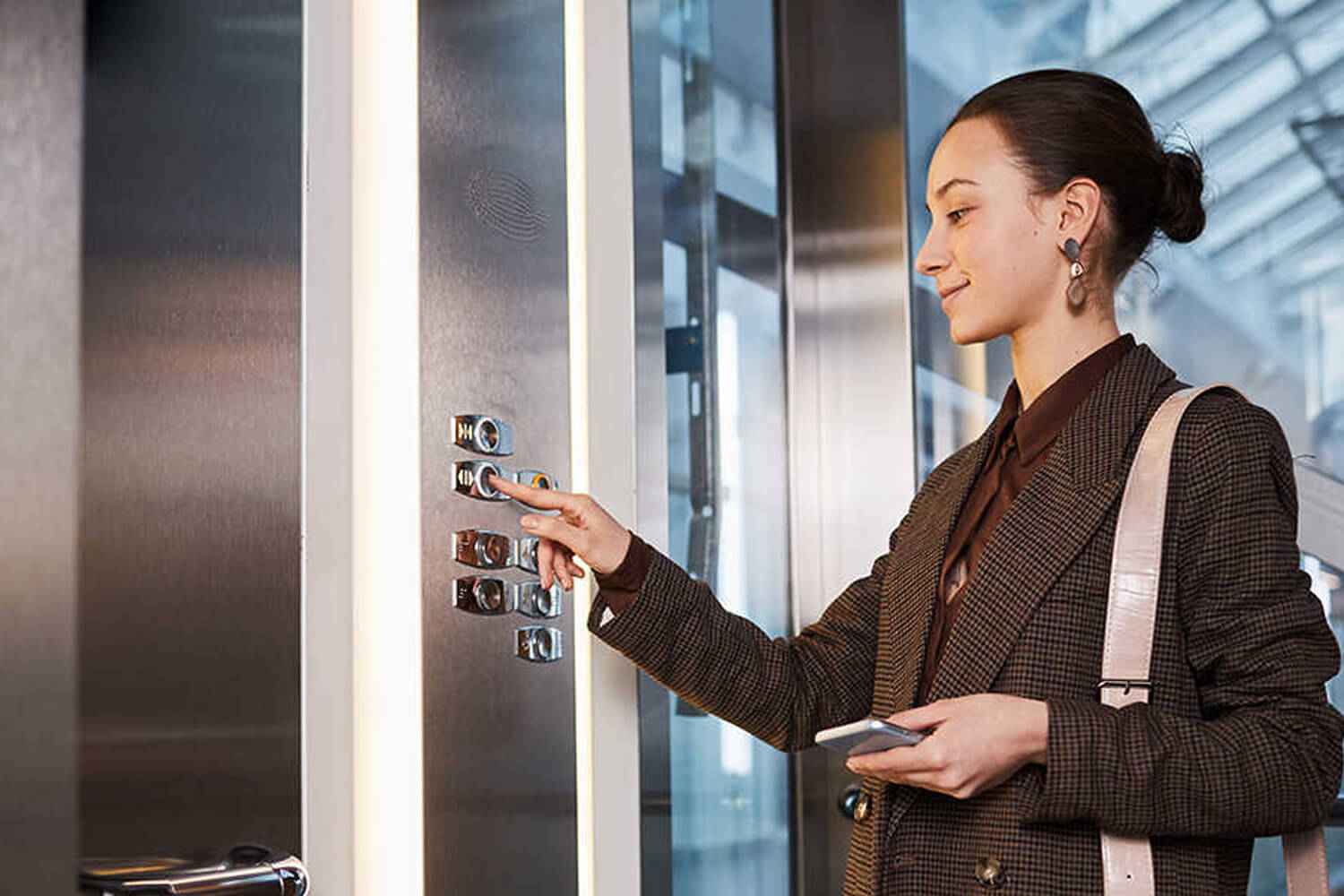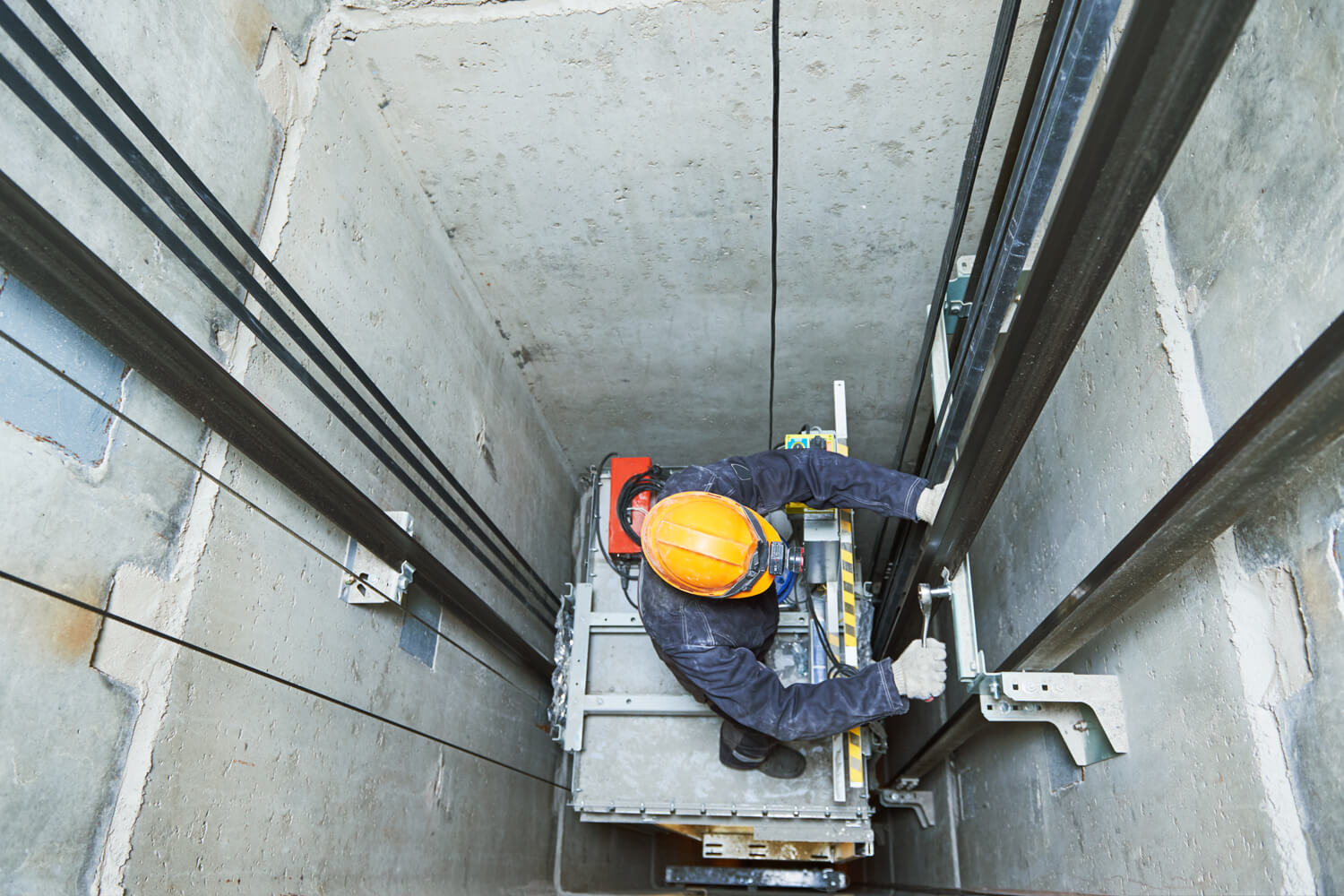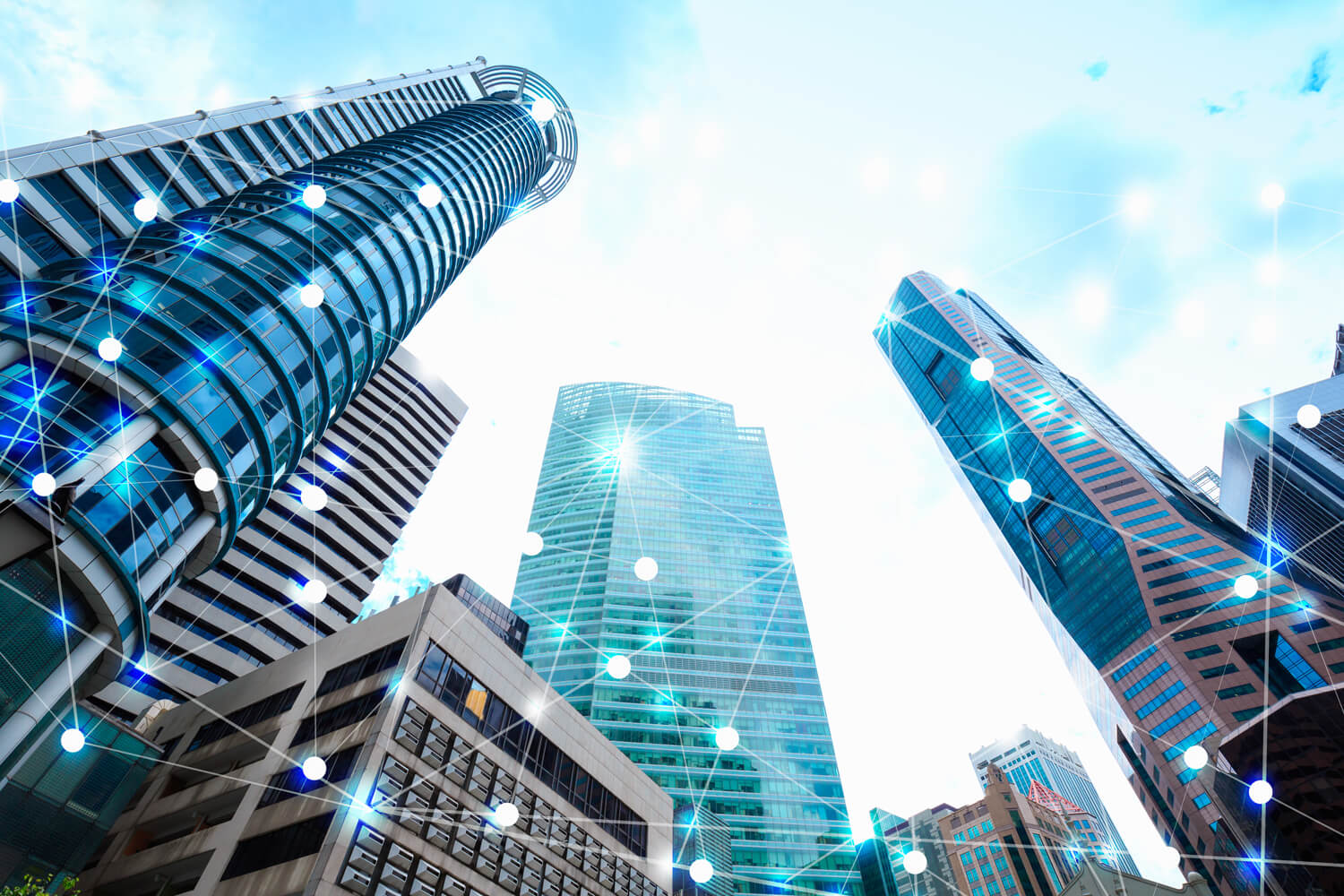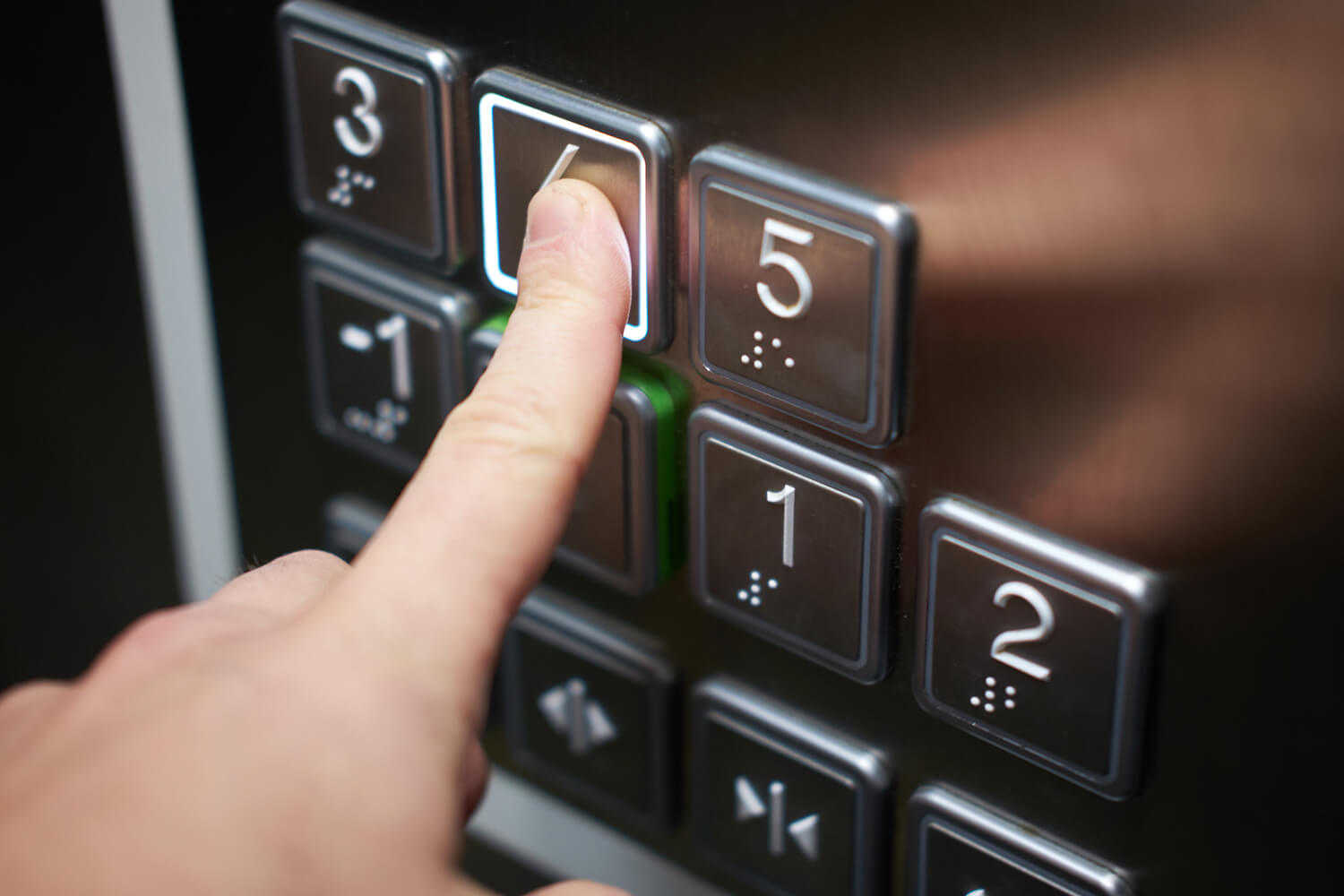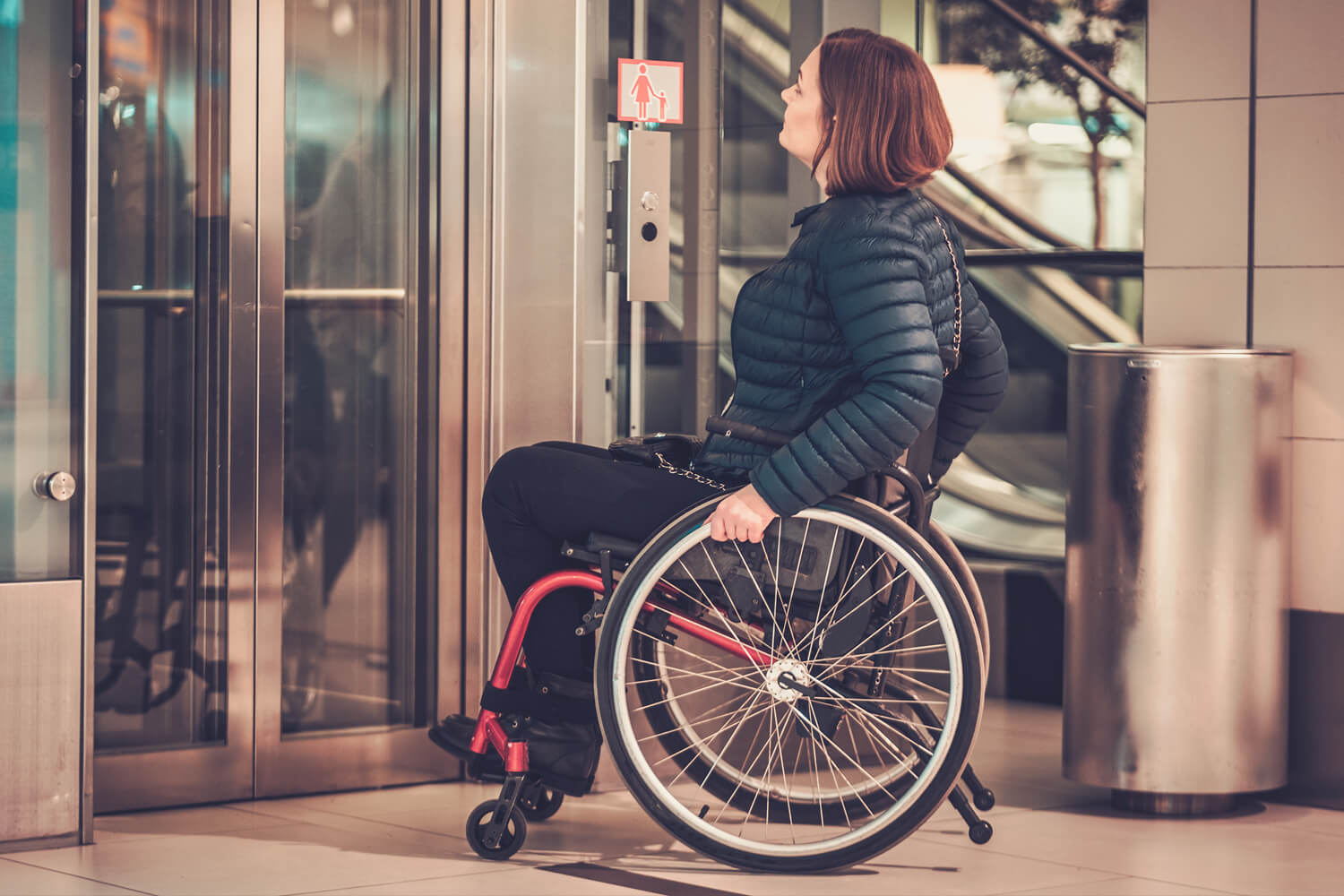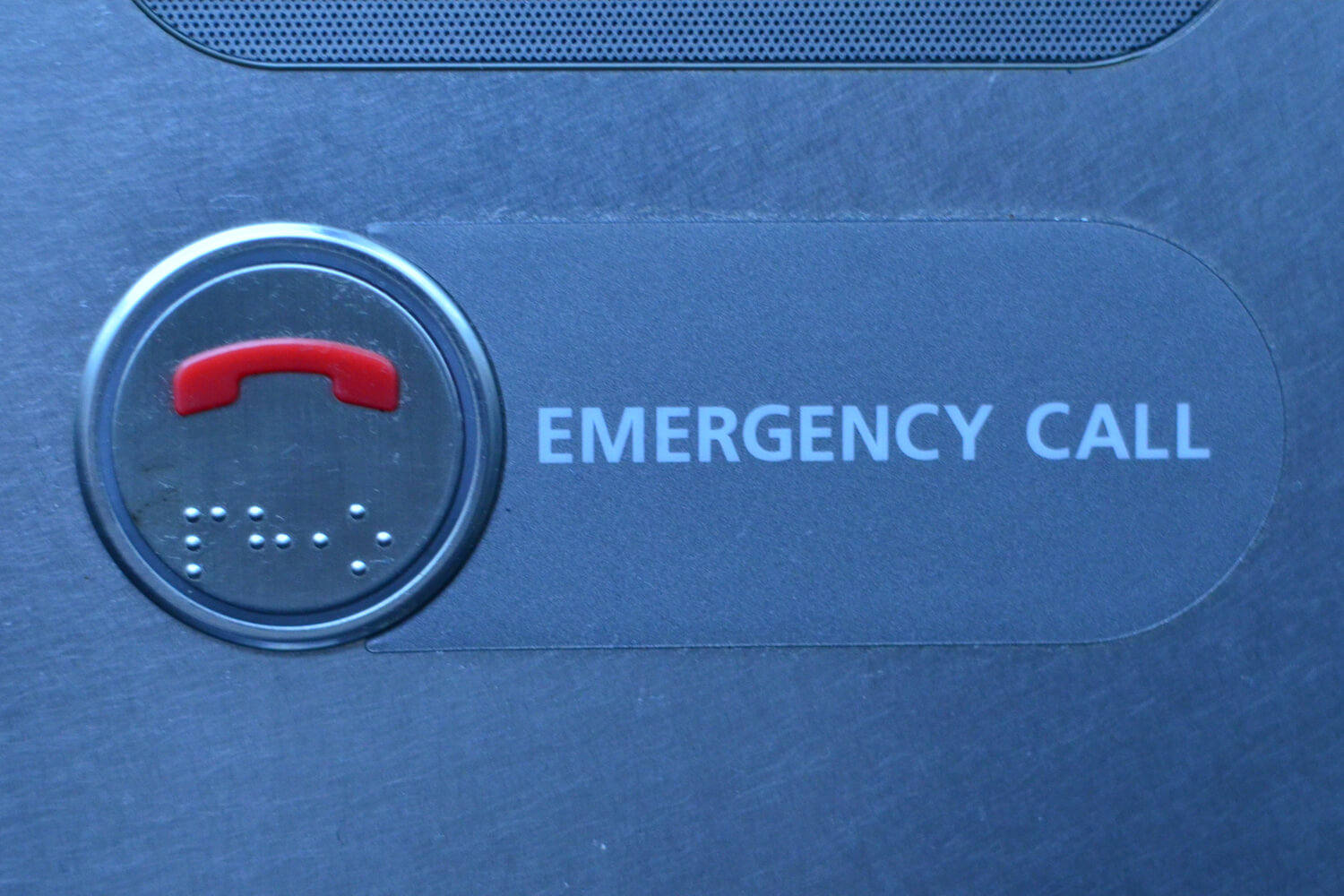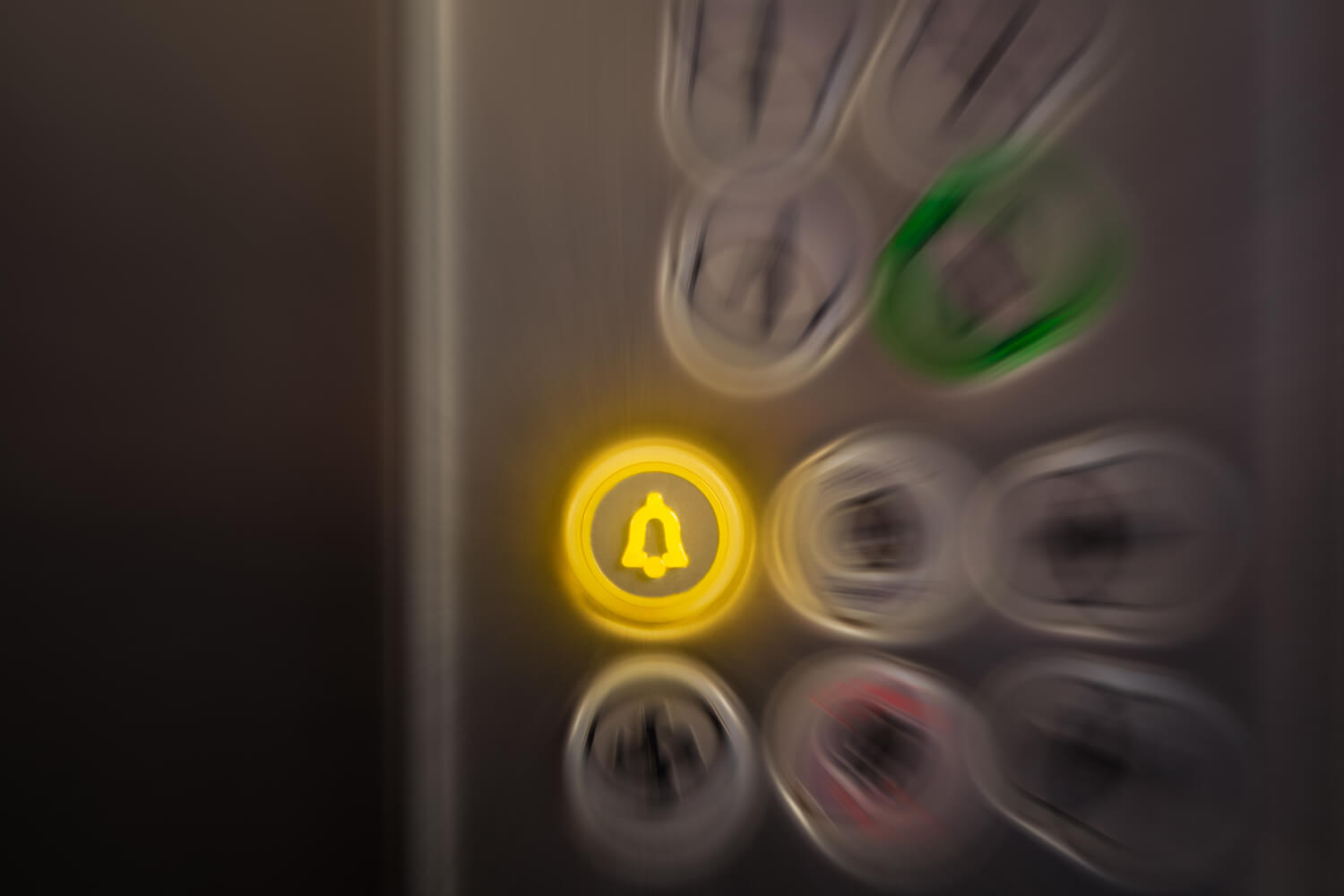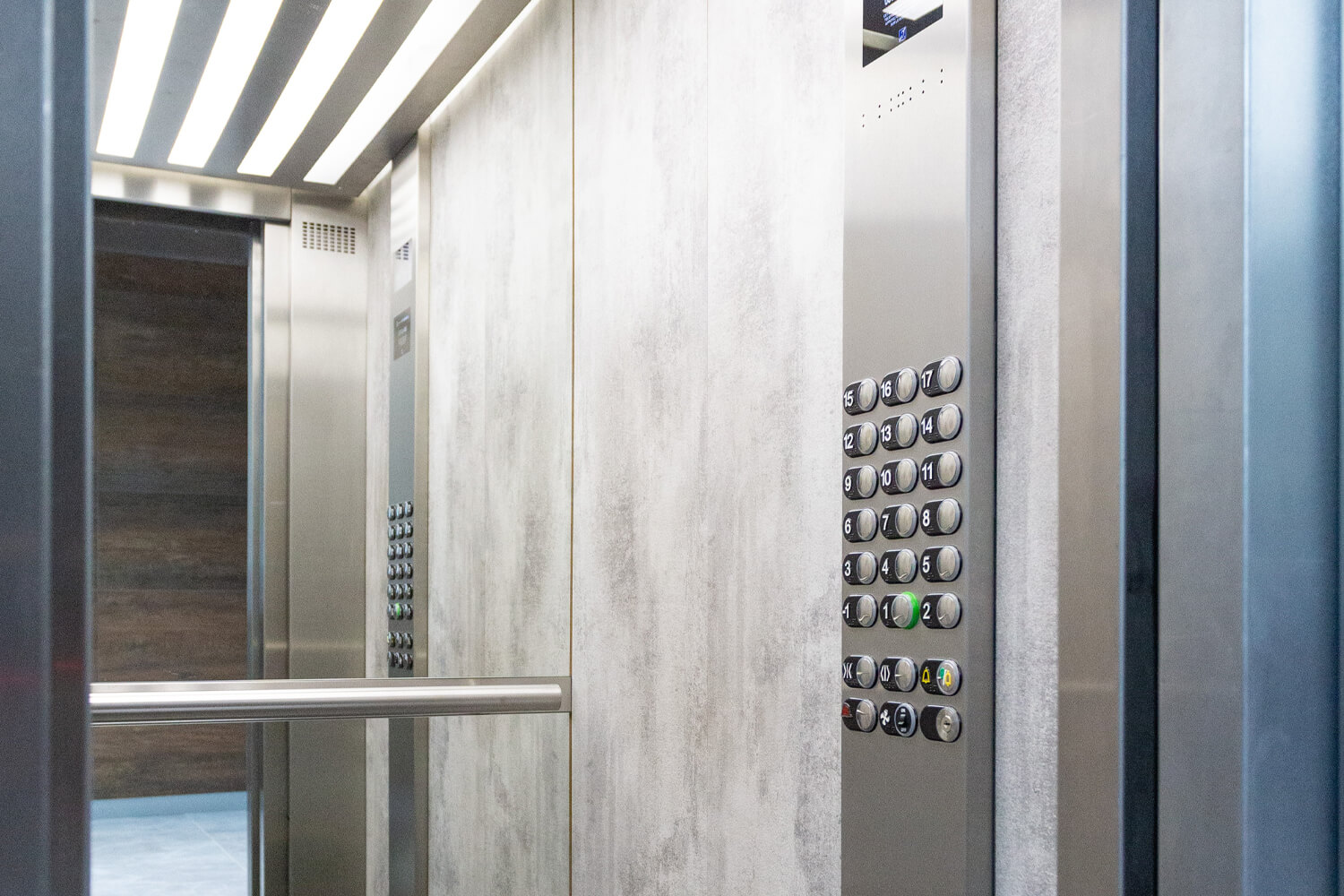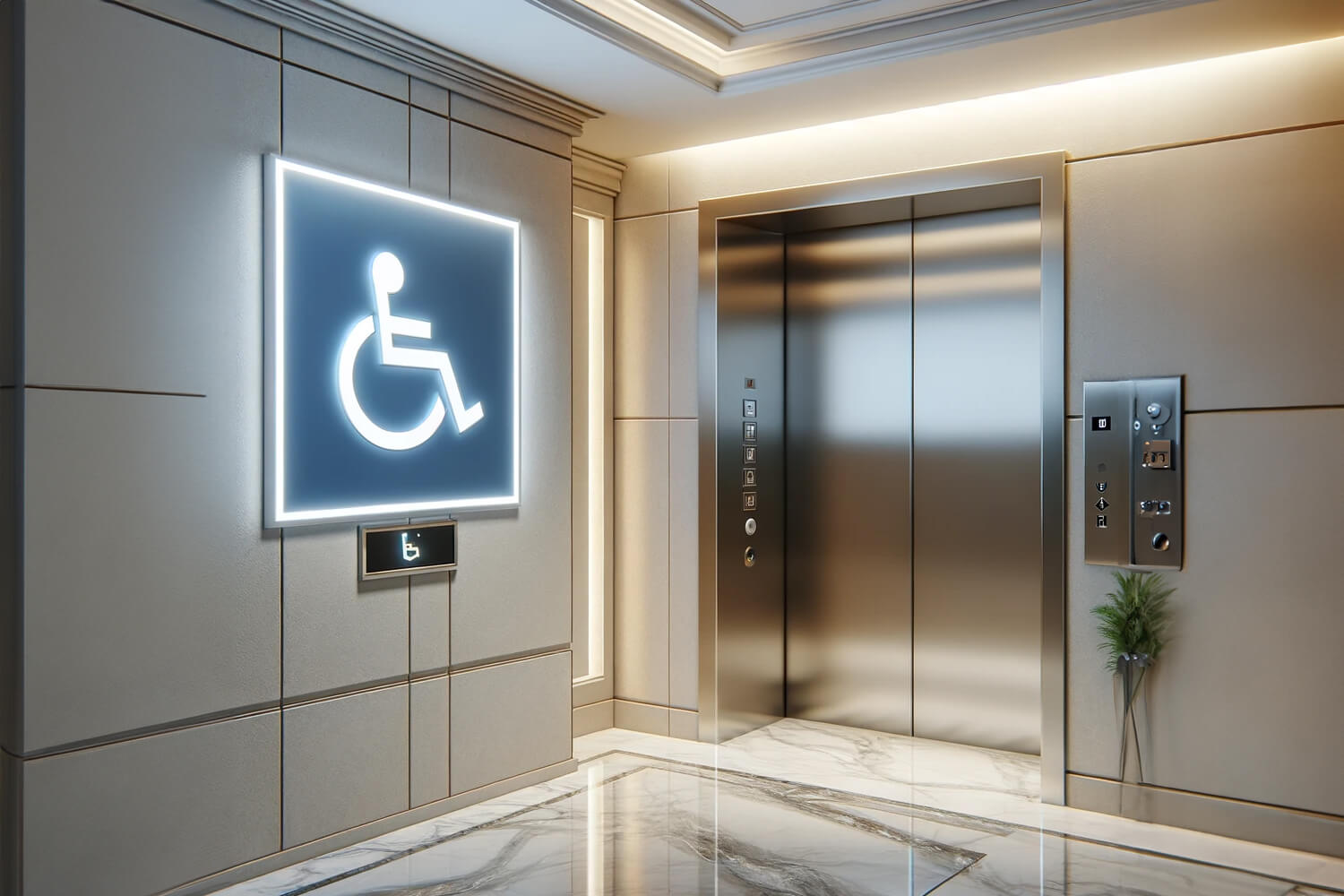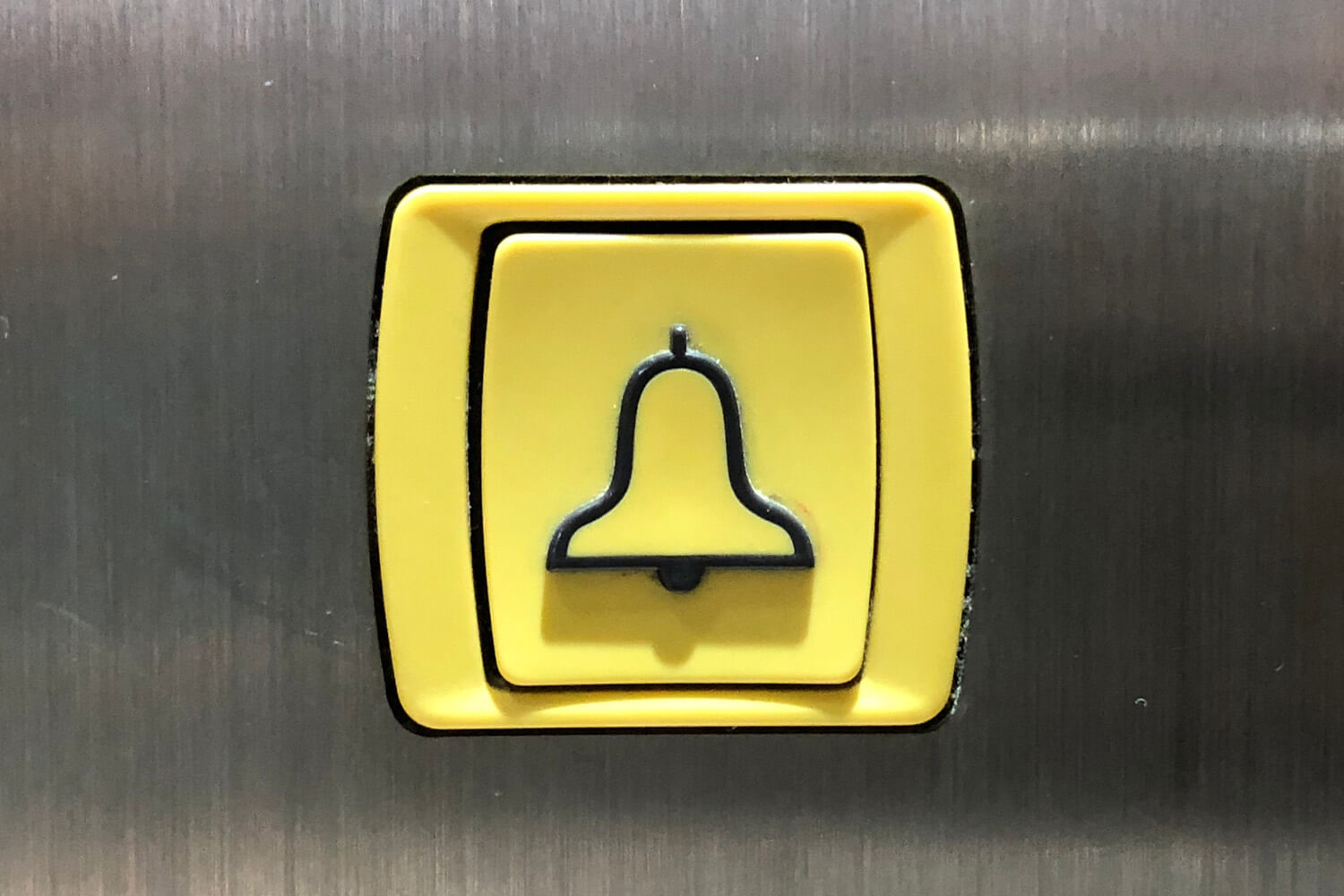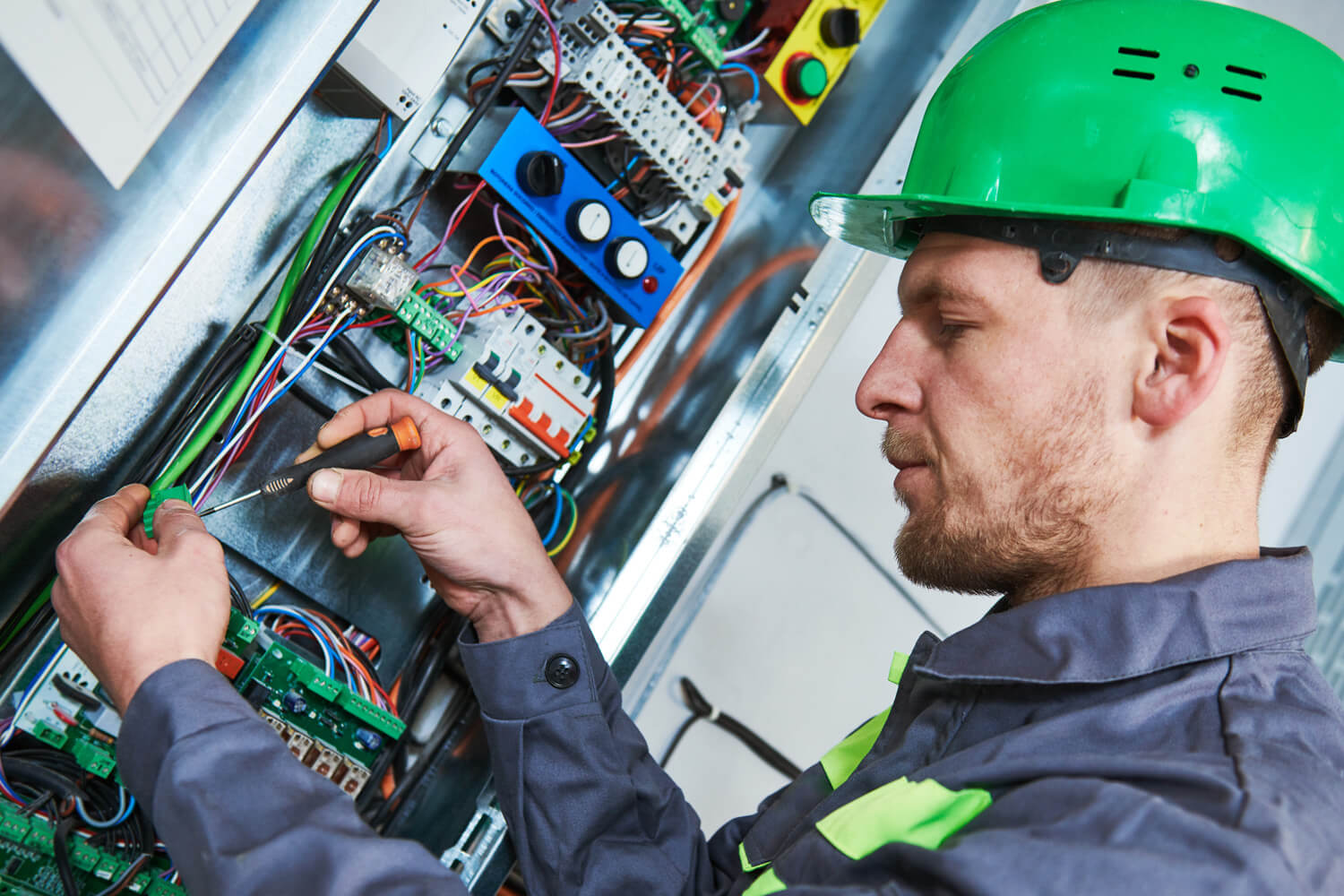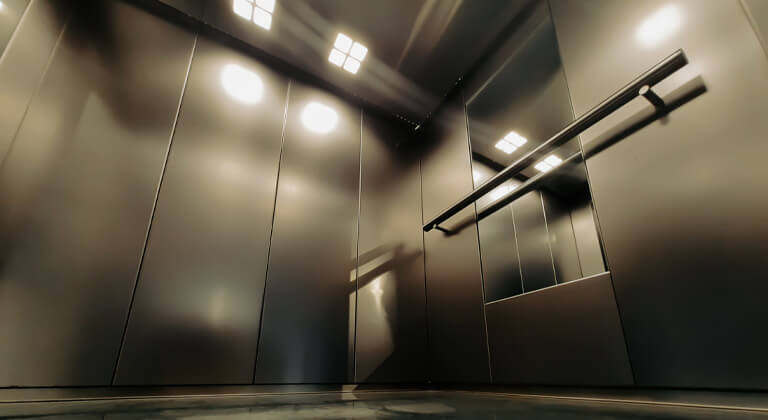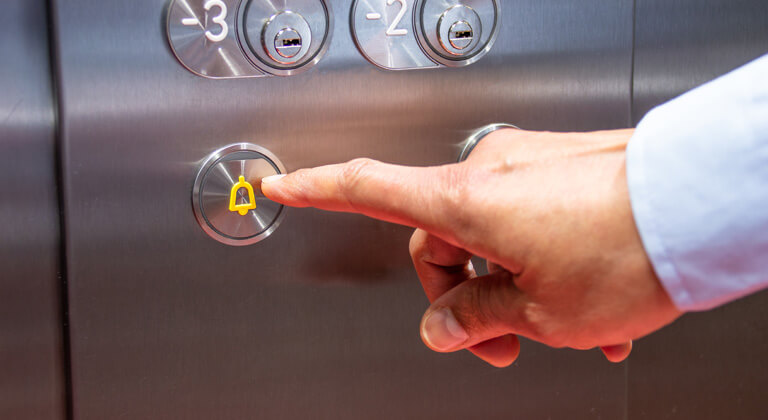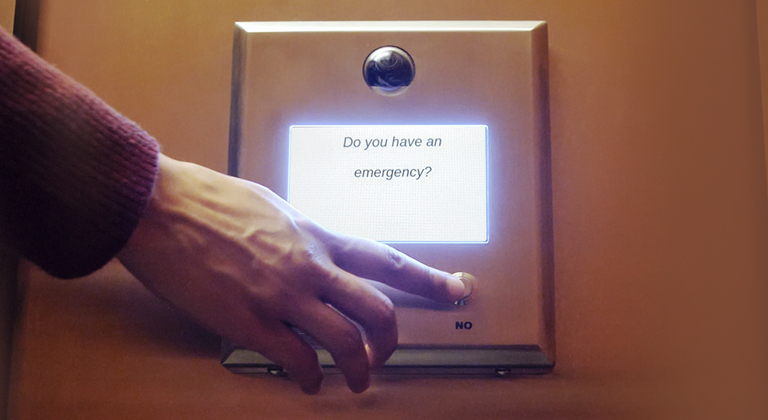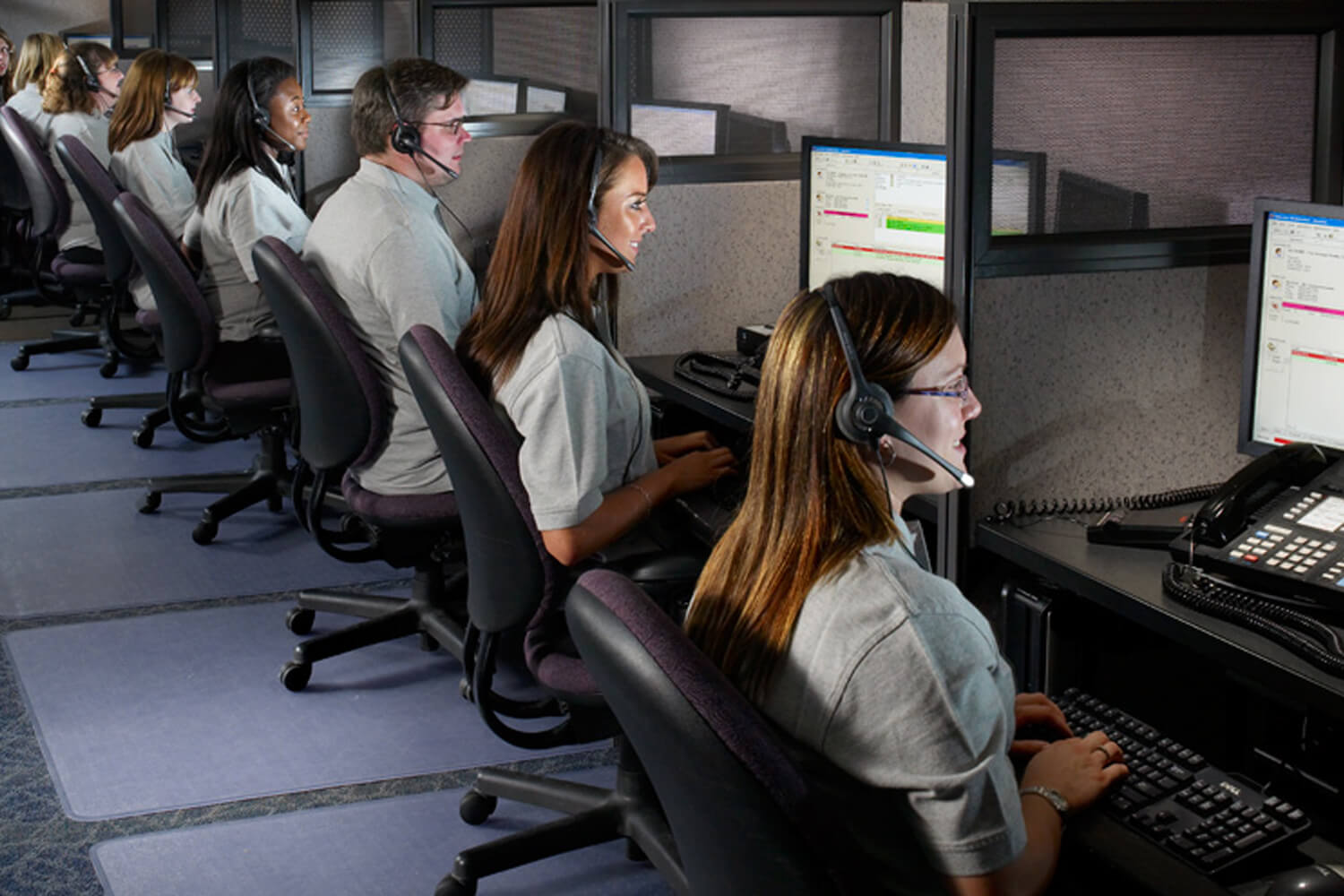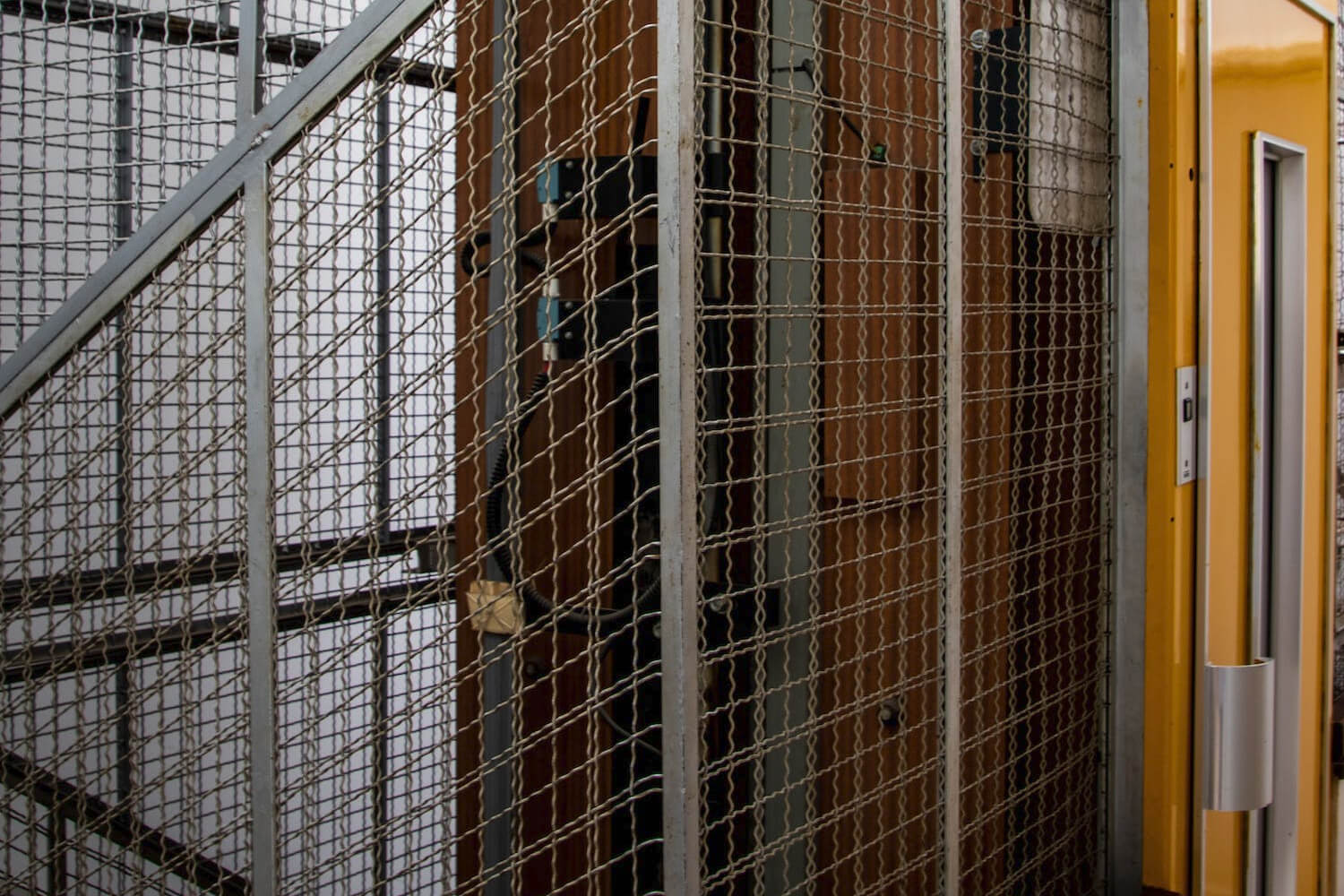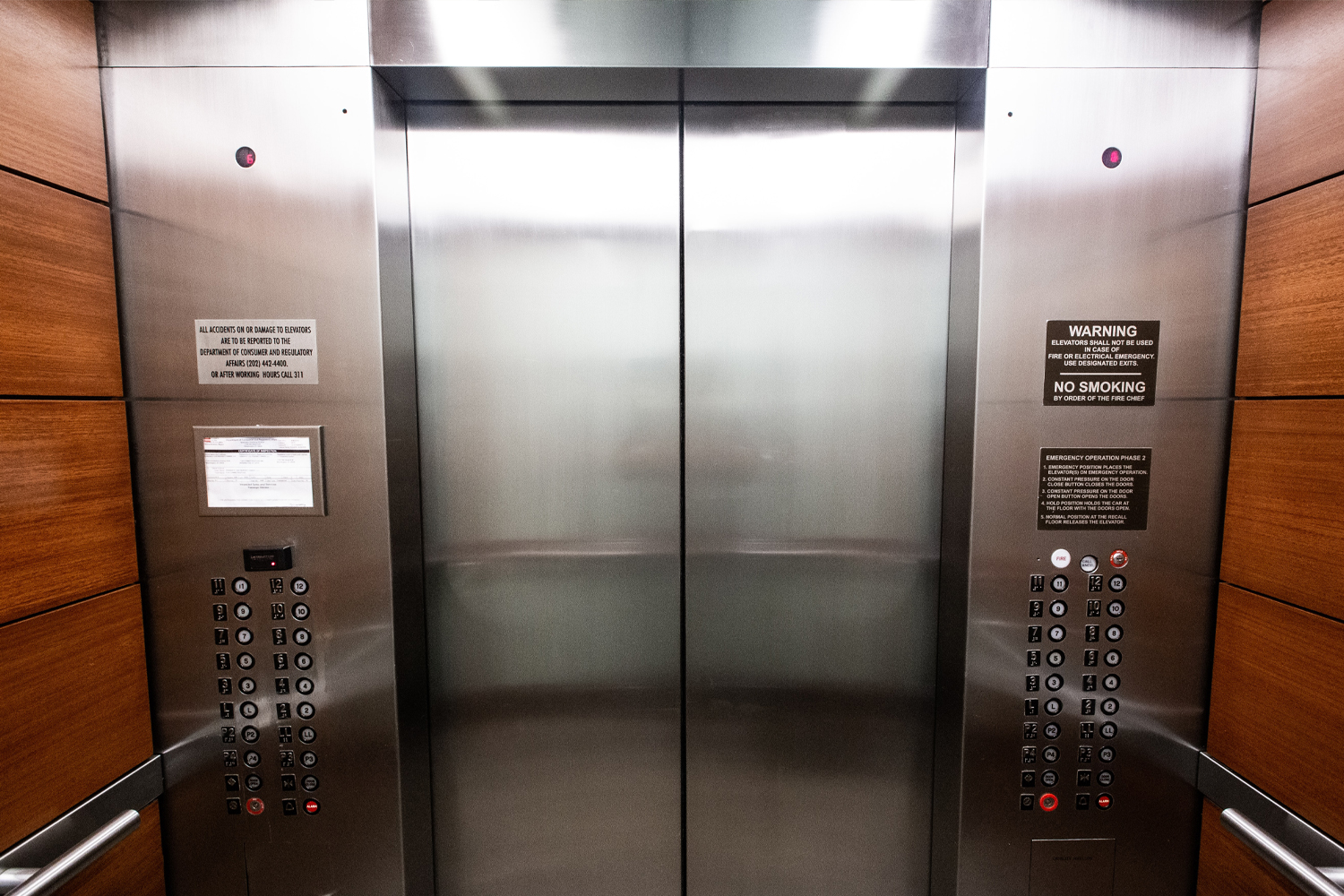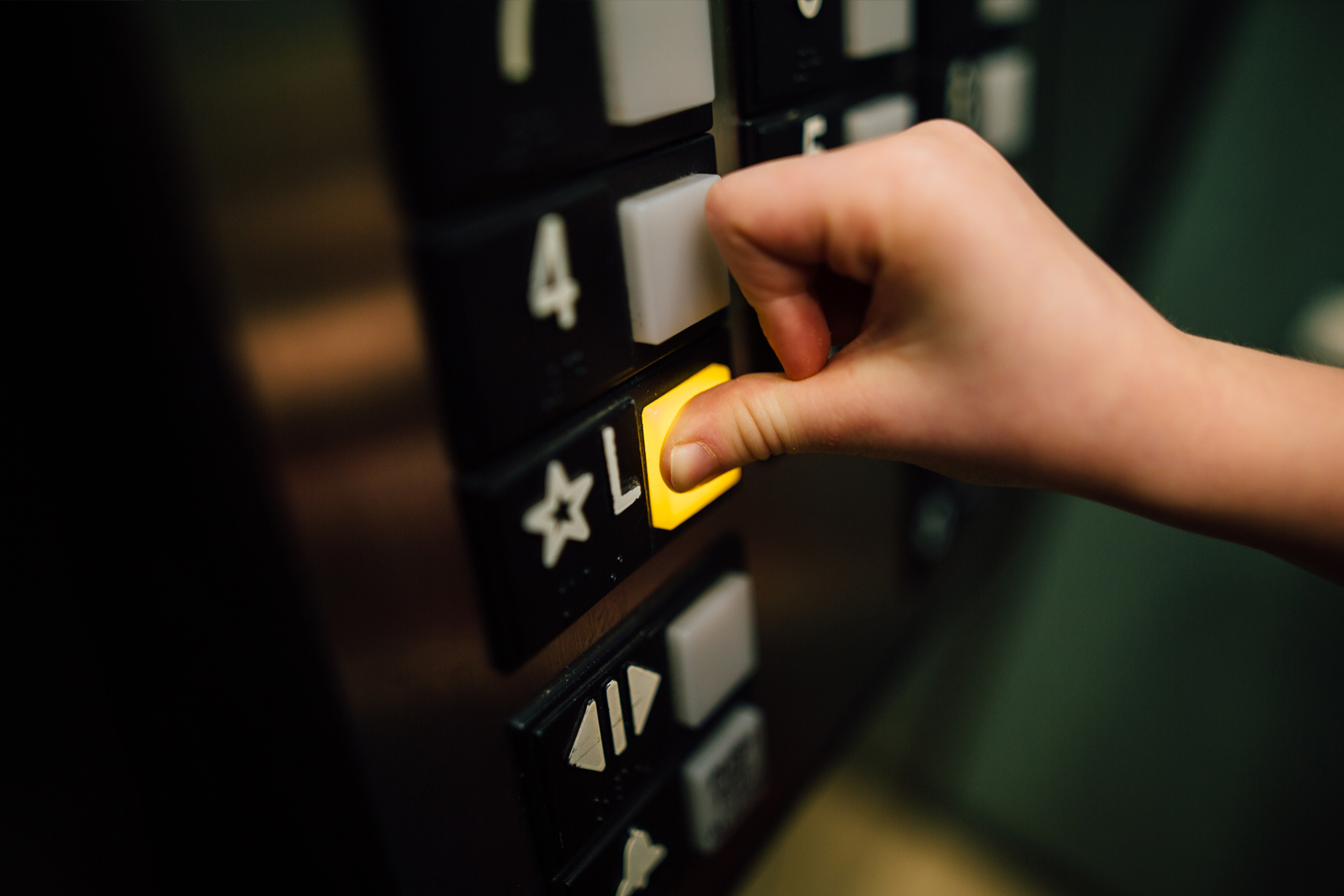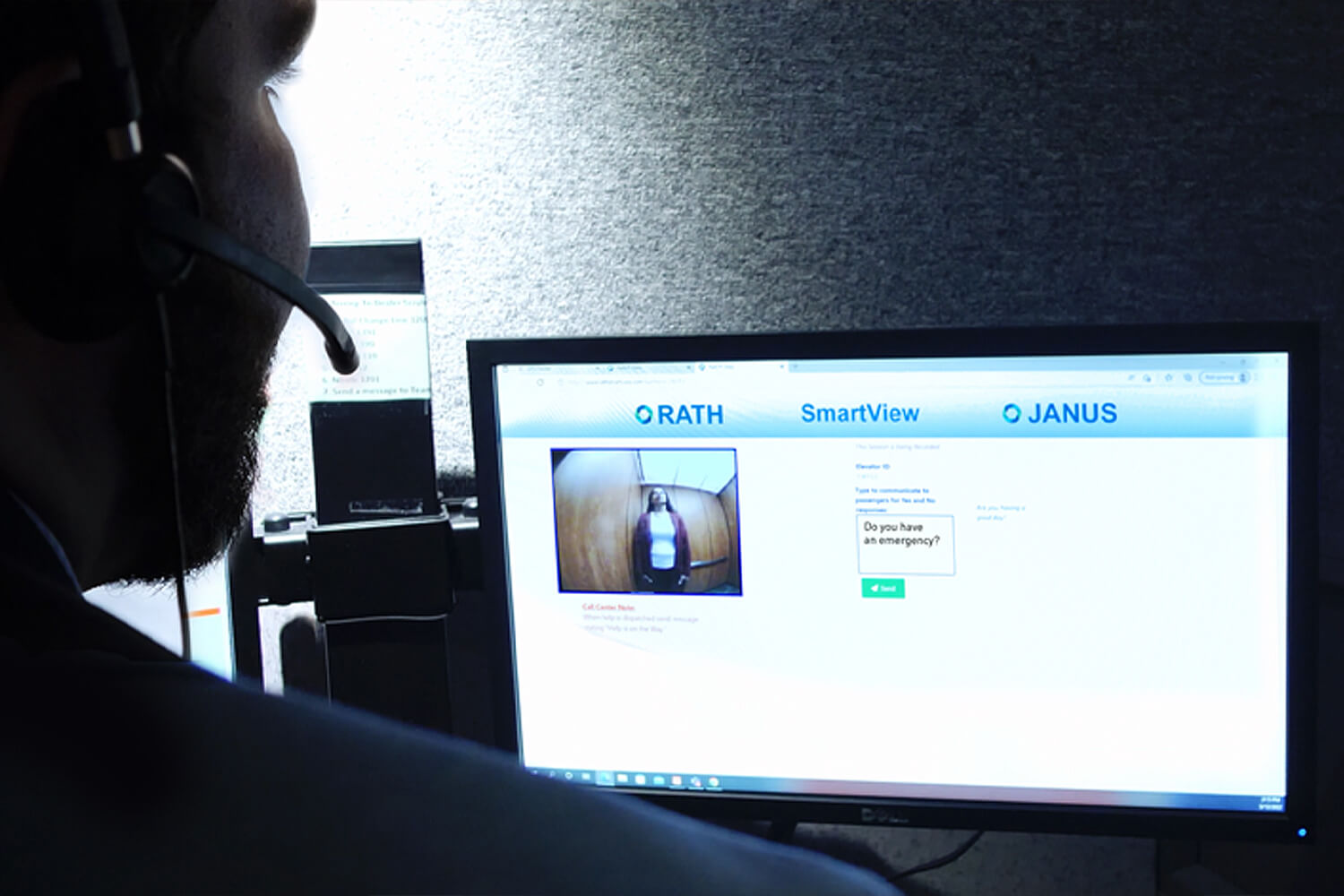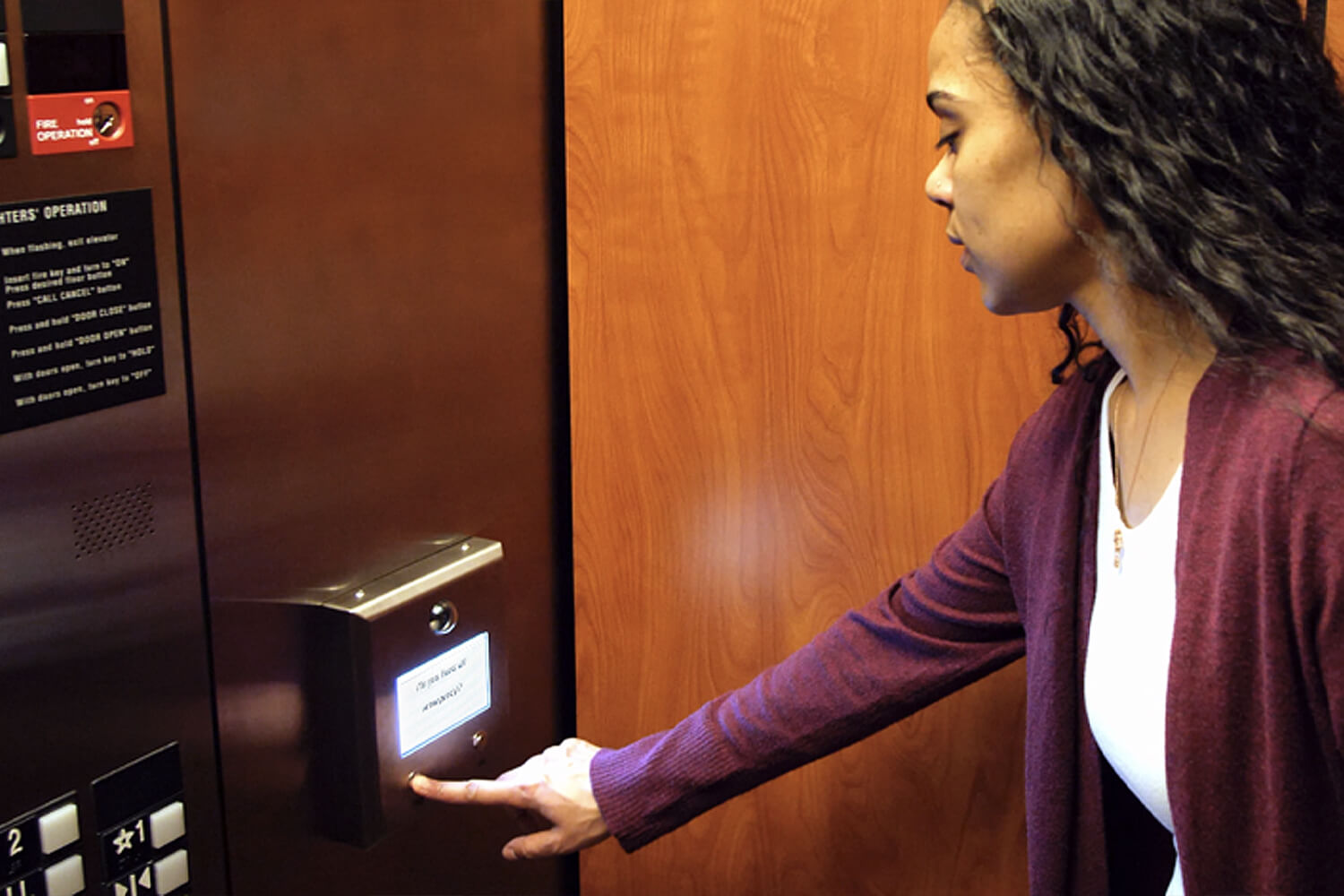Elevator monitoring systems offer unrivaled security solutions. Despite these tools, riders could still be in harm's way if they exceed the elevator weight limit. What are the common weight restrictions in elevators, and why do they matter? Our team at ELEVATE Monitoring is here to break down the answer. Weight…
ASME Elevator Code
Three Types of Elevator Buffers That Increase Safety
How can you keep an elevator safe? Installing elevator security cameras can pinpoint dangerous activity inside the cab, but what about preventing system malfunctions? Elevator buffers are the answer. These crucial components offer unmatched impact absorption capabilities to protect riders. In this guide, our experts break down three elevator buffer…
How Does an Elevator Safety Brake Work?
The safety brake is one of the most important devices in an elevator system. As a premier elevator monitoring service, ELEVATE Monitoring understands the essence of these devices. If you're wondering, “How does an elevator safety brake work?” we've got the answer below. Discover how these elaborate brake systems operate,…
Seven Elevator Facts You Probably Didn’t Know
Americans today don't remember a time without elevators. They're a ubiquitous convenience that improves a building's accessibility and speeds up a person's trip to the top floor. But you may have never stopped to consider how truly incredible these systems are. The following elevator facts can help you gain a…
When Was the Safety Elevator Invented?
Elevators have evolved significantly since their invention in 300 B.C. Back then, they were powered by people, animals, and/or water. Today, they practically run themselves and include advanced features like elevator video monitoring to keep riders safe. They have also come a long way from where they were when the…
What To Expect From an Elevator Safety Audit
Working with an elevator monitoring service is just one way to make your building's elevators safer. Another option is to perform an elevator safety audit. Are you preparing to have one performed for the first time? Let's examine what to expect. It Starts With a Basic Visual Inspection At the…
Elevator Safety Tips Every Building Manager Should Know
If you manage a residential or commercial building with elevators inside, ensuring they're as safe as possible for people is paramount. Consider beginning your quest to improve their safety by investing in an elevator monitoring service. Don't stop there. Consider following other elevator safety tips to keep those who routinely…
All You Need To Know About IoT in Elevators
The Internet of Things (IoT) has significantly changed the world in recent decades. It has helped people connect more devices than ever, allowing them to monitor everything from their health to their energy consumption more effectively. Ask anyone who owns an elevator monitoring service, and you'll quickly discover that IoT…
How Two-Way Elevator Video Monitoring Helps in After-Hours Elevator Emergencies
It's after midnight, and Jerry is finally ready to head home from work and get a good night's sleep. His exhaustion gives way to panic, though, when the elevator he's in grinds to a halt. Elevator emergency monitoring systems are a lifesaver in situations like these. Below, learn how elevator…
Understanding Elevator Security Standards
Once upon a time, elevators were little more than rickety platforms that left riders wondering whether they'd make it to the top in one piece. Elevator security standards have evolved in leaps and bounds since those days, and your building's elevators need to meet these standards if you want to…
What Are the Chances of Getting Stuck in an Elevator?
When an elevator makes strange beeping noises or the door takes longer than normal to open, many people get nervous. Concern about being stuck in an elevator is a fairly common fear. Whether due to power outages or mechanical failure, no one wants to experience elevator entrapment. Thankfully, a reliable…
Understanding Apartment Building Elevator Requirements
When considering whether to have elevators in an apartment building, it’s important to understand the relevant requirements. All types of elevators must adhere to strict standards, even in a residential apartment building, to ensure proper safety and reliability of operation. You may even need video and text communication capabilities inside…
Does an Elevator Require a Dedicated Phone Line?
What would happen if your elevator broke down with several riders inside? Could they easily call for help, or would they be stuck inside the cab for hours? If the latter is your answer, you need to install an elevator phone system immediately. Does an elevator require a dedicated phone line? Yes,…
The Six Types of Elevator and How To Choose One
Thinking of buying a new elevator or two for your building? It’s a big investment, so you want to choose the right one. With so many elevator varieties on the market, it’s hard to know which type suits your building’s needs. Below, learn about six different elevator types from our elevator…
Understanding the Significance of Elevator Traffic Analysis
Have you ever wondered whether your elevators are operating at peak efficiency? Without a proper elevator traffic analysis, it's impossible to know for sure. Learn about traffic pattern evaluation below, then call us to discover why an elevator monitoring system is necessary for your building. What Is Elevator Traffic Assessment? An elevator…
Five Ways To Optimize Elevator Performance in Your Building
If you own a high-rise building, you can't expect visitors to trudge up and down 10+ flights of stairs. You need an elevator system that can withstand even the heaviest traffic. Want to get the most out of your elevators? Check out these tips on boosting elevator performance, including conducting…
The Top Causes of Elevator Communications Failure
When the communication system in your elevator fails, passengers face immediate risks as your dispatchers can no longer assist. To prevent elevator communications failure, you must understand why it happens. Numerous concerns, from power outages to poorly trained dispatchers, can lead to a loss of communication in elevators. This article…
Are Elevators Required To Be on Emergency Power?
If you have an elevator in your building, you may have wondered what would happen if the power went out. Elevators typically have built-in response systems for power outages, but these don’t mitigate risks entirely. So, are elevators required to be on emergency power sources? An advanced elevator monitoring system…
How Often Do Elevators Need To Be Inspected?
If you own a commercial building with an elevator, you must follow a regular elevator maintenance schedule to keep it in safe, working order for all occupants. Even knowing that, you may wonder: How often do elevators need to be inspected? Below, we discuss the recommended elevator inspection frequency and…
Six Ways To Elevate Office Building Security
It’s said that the best offense is a good defense, and that’s certainly true when it comes to office building security. Failing to install robust office security systems, such as an elevator monitoring system, is like leaving your house with the doors unlocked. It puts you at risk for theft, damage,…
A Comprehensive Guide to Elevator Access Control
If you own a corporate office building, you probably have an access control system at the entrance. But what about your elevators? If a bad actor gets off the cab at a restricted floor, they can wreak all kinds of havoc before you even have a clue that something’s wrong.…
Elevator Safety and Compliance: The Role of Regular Inspections and Monitoring Systems
The Critical Nature of Regular Elevator Inspections In the world of building management, ensuring the safety and efficiency of elevator operations is paramount. Adherence to the elevator code through regular inspections is not just a regulatory requirement; it's a fundamental practice that safeguards passengers and enhances the longevity of the…
The Future of Vertical Mobility in Smart Buildings
Elevators in the Era of Smart Buildings The evolution of smart buildings is redefining the expectations from building technologies, pushing the boundaries of convenience, safety, and efficiency. At the heart of this transformation are elevators, which are no longer just transport mechanisms but integral components of a building's intelligent ecosystem.…
Enhancing Accessibility in Elevators: The Role of Elevator Code and Monitoring Technologies
Elevators as a Gateway to Accessibility Accessibility in public and private spaces is not just a legal requirement; it's a fundamental aspect of inclusive design. Elevators, pivotal in multi-story buildings, have evolved significantly under the guidance of updated elevator codes to meet the accessibility needs of individuals with disabilities. This…
Understanding IBC 2021: Essential Changes and Updates
Elevator safety codes ensure that all occupants can safely access your building’s elevators and reach emergency personnel if something goes wrong. Code requirements update relatively frequently, so you must keep an eye on the latest changes to keep your building compliant. Below, we discuss essential changes in the International Building…
How To Locate Your Elevator Phone Number
Your building’s elevators must have up-to-code communications systems so occupants can make emergency calls. Locating your elevator phone number is vital in testing whether your system is up to code. Read on to learn how to find the phone number associated with your elevator to avoid fines, unhappy residents, and…
Elevator Code Checklist: Are You Up to Standard?
If you have an elevator in your building, you must keep it up to code to avoid hefty fines and other complications. Elevator code ensures that passenger elevators, platform lifts, and stairway chairlifts are safe and convenient for all building occupants. Read on for our complete elevator code checklist based…
Balancing Insurance and Liability: The Impact of ASME Elevator Code Compliance on Building Owners
For building owners, understanding and adhering to the ASME elevator code is not just about ensuring the functionality and safety of elevator systems—it's also a key factor in managing insurance and liability issues. This is particularly relevant with the recent emphasis on two-way video elevator monitoring, a standard that significantly…
Navigating 2024 with the New Elevator Code: Essential Guide for Building Owners
As we step into 2024, it's crucial for building owners to stay informed about the latest advancements and requirements introduced by the new elevator code. Understanding these changes is key to ensuring the safety of your building's elevators and remaining compliant with industry standards. Understanding the 2024 Elevator Code Changes…
Elevate Safety with Emergency Elevator Monitoring: ADA Compliant Solutions
In the realm of high-rise building safety, emergency elevator monitoring has emerged as a crucial element, especially in light of the new American Society of Mechanical Engineers (ASME) elevator code. This update mandates two-way video monitoring in elevators, primarily to aid hearing-impaired passengers, marking a significant step forward in accessibility…
Elevating Team Expertise: Training Strategies for the ASME Elevator Code
The American Society of Mechanical Engineers (ASME) provides a safety code for elevators and escalators your building must follow to provide safe and code-compliant operation. The ASME elevator code updates relatively frequently, making training your property team on all the latest requirements challenging. Below, we discuss everything you need to…
The Future of Vertical Transit: Advancements in Elevator Monitoring Systems for Predictive Maintenance
With over 325 million people using elevators per day, it only makes sense that monitoring solutions continue advancing to improve the experience. Below, we discuss the latest elevator monitoring system advancements for predictive maintenance and reduced downtime. The Latest Trends in Elevator Monitoring The latest trends in elevator monitoring revolve…
Elevator Code Evolution: How Modern Tech Meets Regulatory Standards
As elevator technology evolves, elevator safety measures do, too. In 1900, the first high-speed elevators were installed in U.S. buildings. Since then, elevator video monitoring has become the standard. Meeting standards in the new elevator code is essential to the safety of your building's occupants. What Is Elevator Monitoring? Elevator…
Why You Need Video Elevator Monitoring Now More Than Ever
You want your building to be safe, but you can't be everywhere all the time. With enhanced surveillance technology, you can carefully monitor every corner of your building — including the elevators. Since occupants and visitors only spend a few minutes in your elevators at a time, you may not…
How Two-Way Video Monitoring Is Enhancing Communication & Safety
Emergencies can happen in a split-second, even during short elevator rides. When there is an emergency in an elevator, whether it be a malfunction or a medical emergency, fast action is essential. Ensuring the safety of your building's occupants should be at the top of your priority list as a…
The Rise of Two-Way Elevator Video Monitoring in Elevators
If you're a property owner or manager, you know your building has to have a quality elevator monitoring system. As convenient as elevators are, they can present dangers. If the elevator malfunctions or if there is a medical emergency inside the elevator, you want the passengers to be able to…
Reducing Liability From an Elevator Emergency
If you own a building with elevators, you want to do everything possible to prevent an elevator emergency. A secure elevator system will help keep your tenants, clients, workers, or visitors safe. What if you follow all elevator maintenance recommendations to a T, but an emergency still occurs? You must…
Elevator Code: Elevator Safety Codes from IBC 2021
The IBC (International Building Code) and ASME (American Society of Mechanical Engineers) recently introduced updated elevator code requirements. Specifically, emergency phones in new elevators should provide video and text communication to accommodate people with hearing and speech impairments. Learn more about the updated standards for elevator phones. Why Buildings Are…
Guide to the Rising Trend of Elevator Monitoring Services
An elevator malfunction could occur anytime in your building without you realizing it. Elevator monitoring solutions allow you to prevent hazards, prioritize occupant safety, and reduce maintenance costs as a building owner. Read on to learn about the top trends in 24/7 elevator monitoring to bring your building up to…
New Elevator Code: What Building Owners Need To Know
Did you know your building must have an updated elevator monitoring system to meet the latest code requirements? Elevator code protects building occupants and helps you cut maintenance costs while streamlining building efficiency. Read on to learn the latest elevator safety code requirements for bringing your building up to date.…
Complete Guide to Elevator Monitoring Systems for Buildings
No building owner wants to think about it, but what would happen if one of your elevators suddenly stopped working? If you haven't installed an elevator monitoring system, you could be unaware of the problem for hours or even days. Here's what you need to know about elevator monitoring systems…
Understanding the ASME Elevator Code for Building Safety
Few people expect an elevator to break down, but accidents and emergencies can happen anytime. That’s why your elevators need a two-way communication system that allows riders to call for help when they need it. The ASME Elevator Code (version A17.1) introduced some big changes to elevator standards. Below, we’ll…
Elevator Emergency Phone Requirements
Millions of elevators run without a hitch every day, but it only takes one malfunction to leave riders trapped until help arrives. At the end of 2019, the ASME A171.1 (CSA B44 in Canada) code introduced revisions to make elevators safer for riders. These changes also require elevator systems to…
The Benefits of Elevator Monitoring for Building Owners and Managers
When it comes to transportation, elevators are one of the safest ways to get from Point A to Point B. Despite the long list of operational elevator safety features in place, however, an elevator monitoring system is still necessary. After all, if there is a mechanical failure or someone is…
Understanding the ASME Elevator Code Changes
The newly revised edition of the ASME Elevator Code has introduced sweeping changes in several areas. Here is a quick overview of the most important requirements you should be aware of and what steps to take to make your elevators ASME-compliant. What’s New in the ASME Elevator Code The twenty-second…
Preparing for the New Video Elevator Monitoring Requirements
The most recent edition of the ASME elevator code introduced extensive modifications to emergency elevator monitoring and communication requirements. One of the most significant changes is the introduction of mandatory video elevator monitoring. Here is what you should know about it and how to bring your elevators up to code.…
Video Elevator Monitoring vs. Traditional Elevator Monitoring
In its latest revised edition, the ASME Elevator Code introduced mandatory video elevator monitoring. The requirement applies to all new elevators and major modifications going forward. Here is how video monitoring solutions depart from traditional emergency phone systems and what to do to bring your elevators up to code. The…
ASME Elevator Code Includes Video Monitoring Technology
The American Society of Mechanical Engineers (AMSE) is an organization of experts that creates safety codes for various mechanical devices, including passenger elevators, escalators, moving walks, and other equipment. Recently, an update to the ASME elevator code added several requirements to bring the code up to ADA standards, including: A…
New Elevator Code To Meet ADA Standards
Whether because of true stories or action movies, many people fear elevators and the possibility of becoming trapped inside one. According to the ASME elevator code, all elevators must have a call button to contact personnel in an emergency. Until recently, however, there was no requirement for communications that accommodate…

